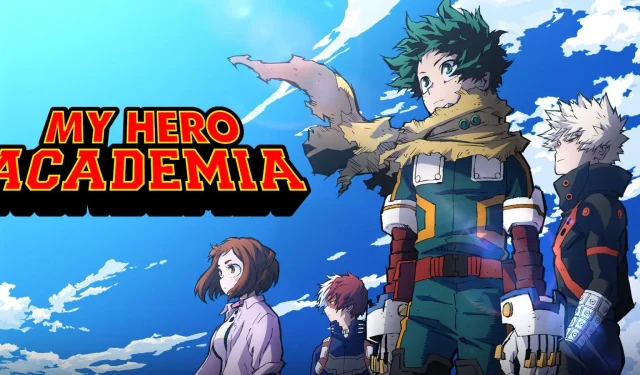
Essential Insights
- Season 7 of My Hero Academia stands out as the most impressive installment to date, despite being shorter compared to its predecessors.
- This season features masterful storytelling that maintains a strong pace and a well-structured narrative.
- The series elevates itself beyond previous iterations, delving into its themes with authentic emotional depth.
|
Title |
My Hero Academia Season 7 |
|
Director |
Naomi Nakayama, Kenji Nagasaki (Chief Director) |
|
Animation Studio |
Bones |
|
Release Date |
5/4/2024 |
The following content contains minor spoilers for My Hero Academia Season 7, currently available for viewing on Crunchyroll.
My Hero Academia Season 7 consists of 21 episodes, notably four less than each preceding season since the inaugural one. However, the immense range of emotions it delivers—both joy and sorrow—throughout these episodes ensures that viewers are captivated, making it undoubtedly the most significant season to date. After six months immersed in its stunning visuals and poignant script, it emerges as the finest installment yet.
Naomi Nakayama, who previously directed the anime Orange in 2016, stepped in as director alongside chief director Kenji Nagasaki, who had previously directed the first three seasons. Her leadership during this pivotal moment has been highly praised, showcasing a remarkable flair for spectacle as seen in her storyboarding of the initial two episodes.
A Premiere Packed with Action
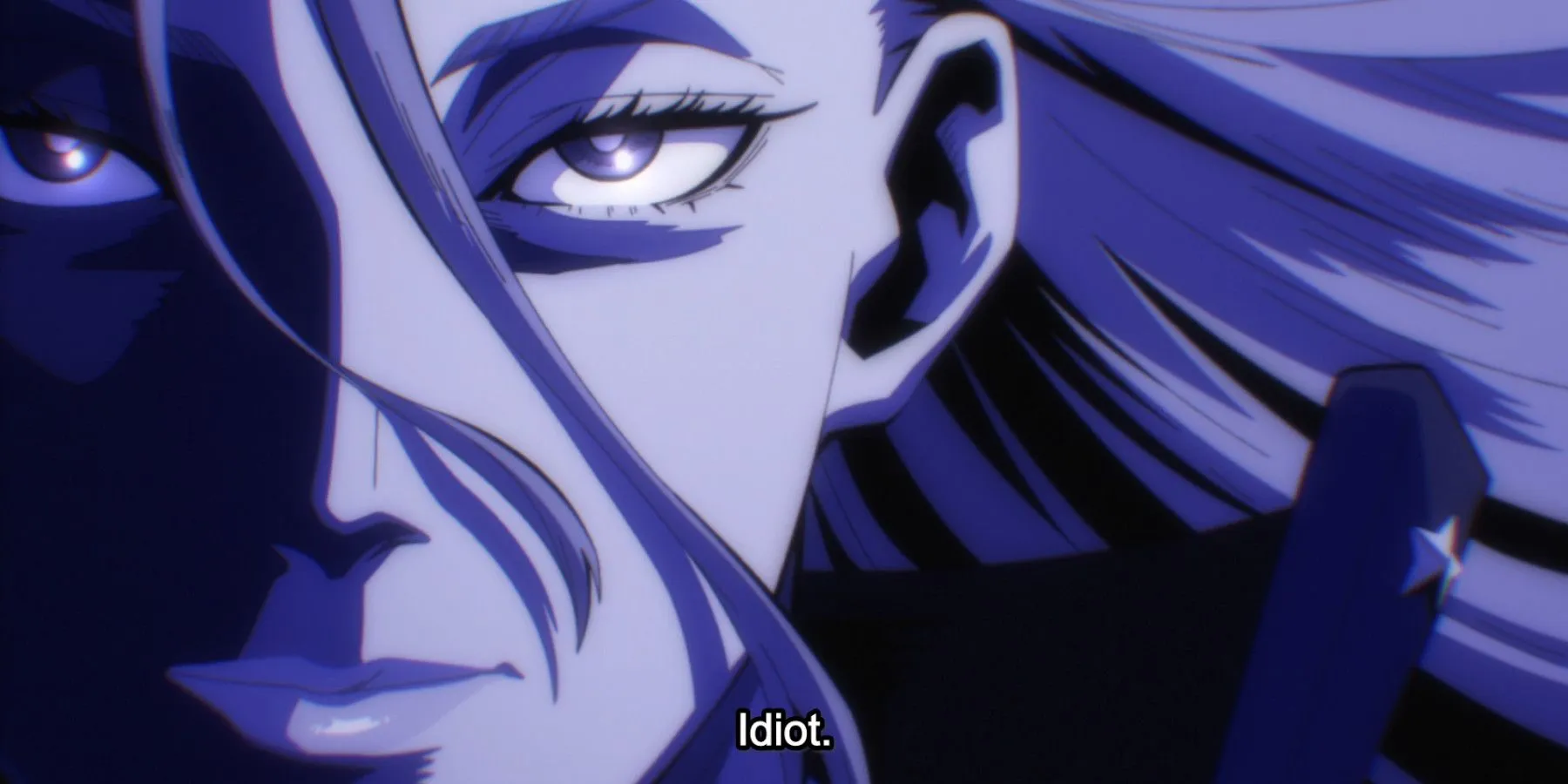
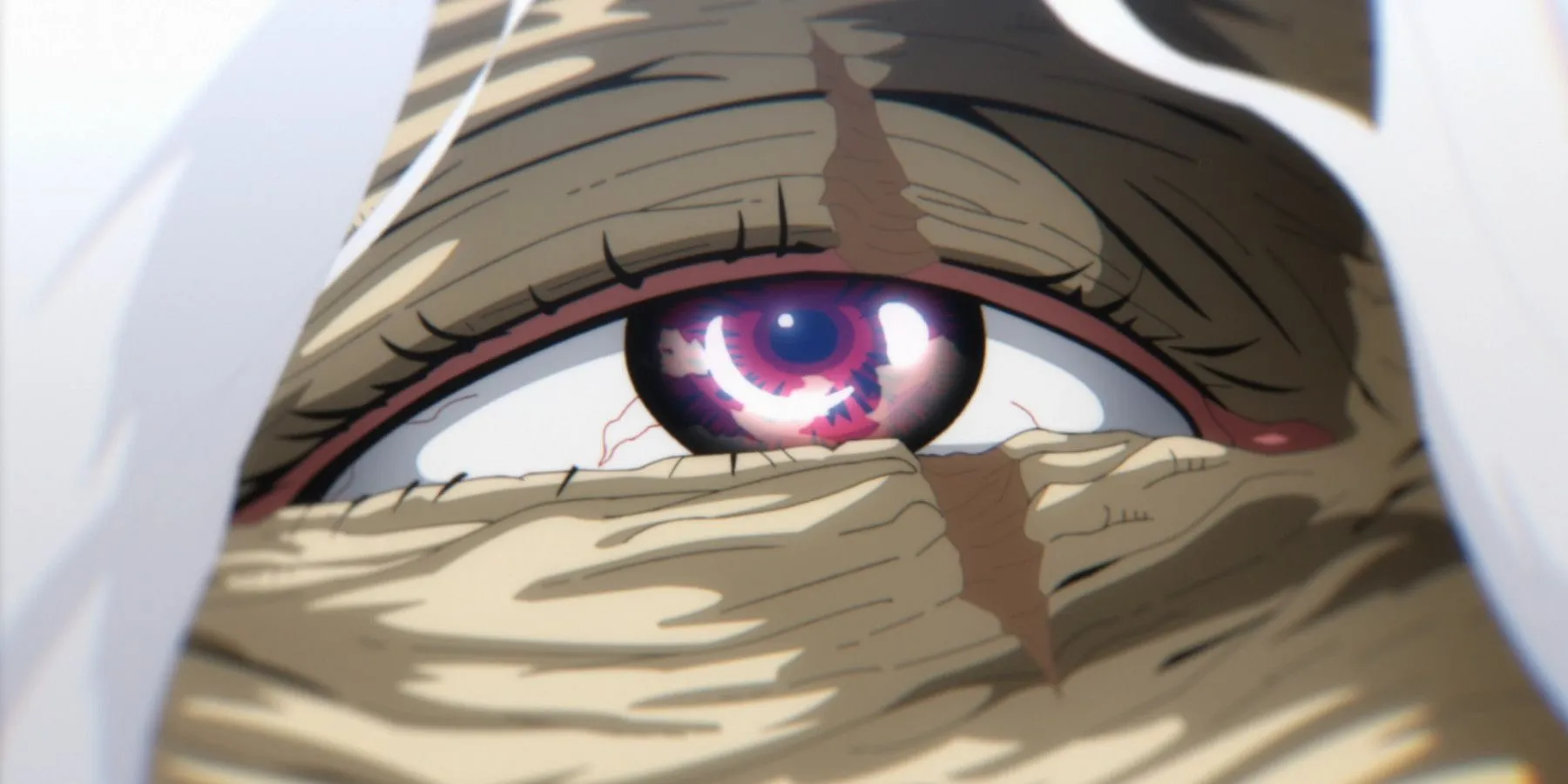
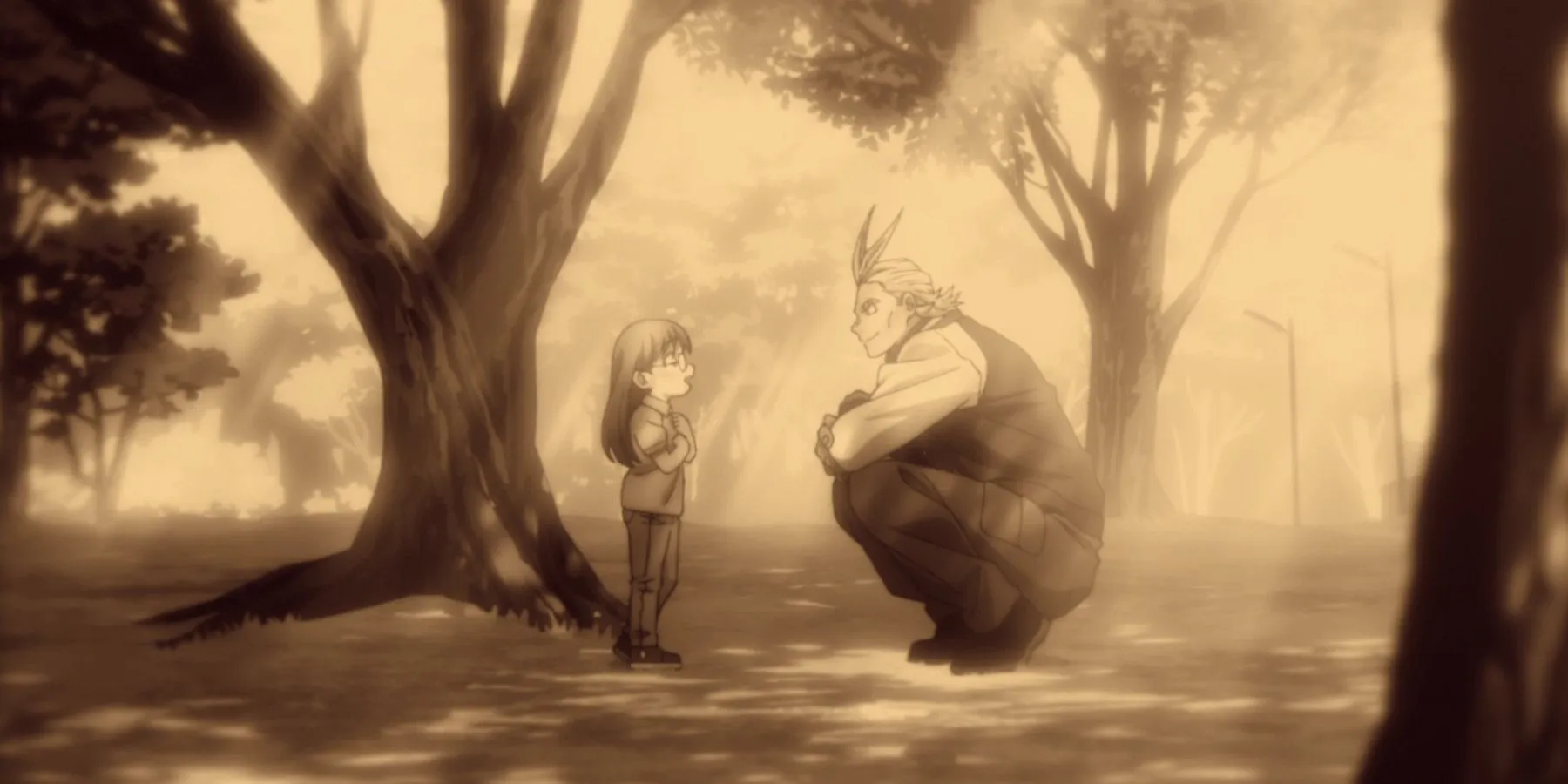
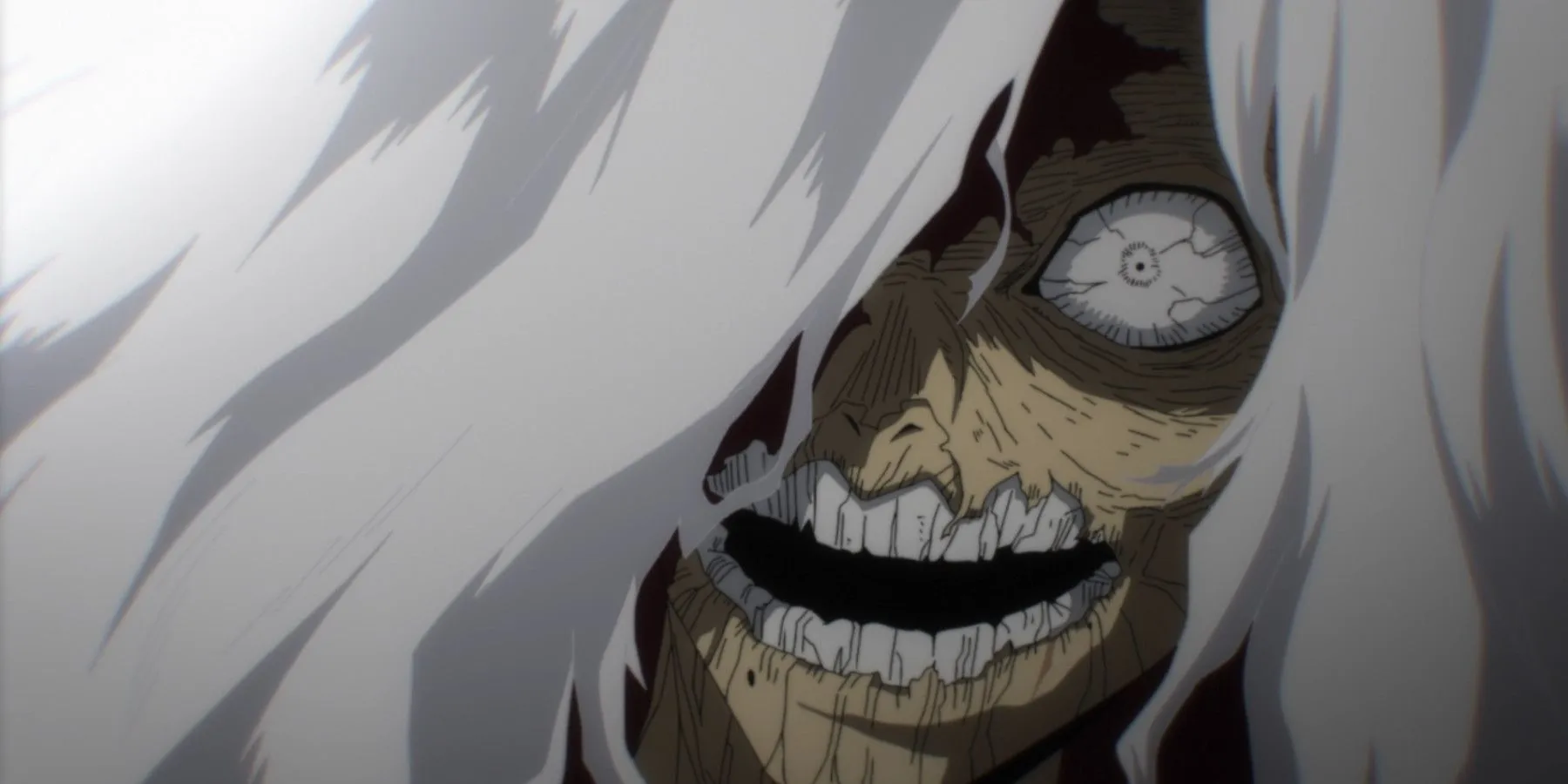
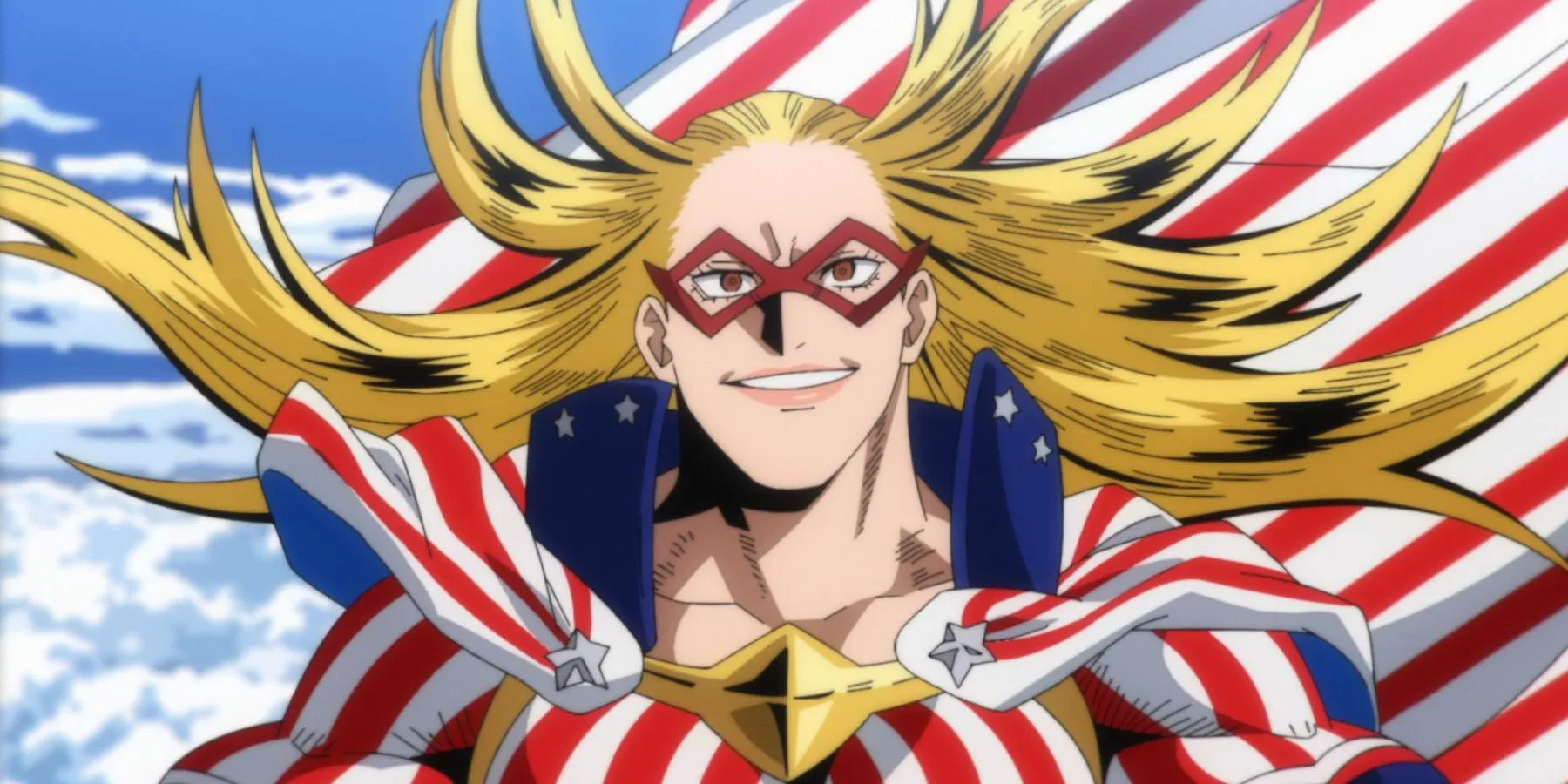
The previous season ended dramatically with a cliffhanger: Tomura Shigaraki was on the verge of unleashing his full power within three days, while America’s top Pro Hero, Star and Stripe, was set to arrive in Japan. Initially, this premise seemed compelling, though it feels like a mere fragment of the broader narrative in hindsight. By the end of the season’s premiere, Star and Stripe encounters Shigaraki, who is determined to seize her quirk. This season maintains an exhilarating momentum, fulfilling the expectations of a story nearing its conclusion.
The battle dynamics present a clever and emotional construct, blurring the lines of victory for both sides, yet granting the heroes much-needed time to strategize for their ultimate assault. Just as one might expect a conventional training sequence between skirmishes, the startling discovery of a traitor within UA Academy disrupts this notion and heightens tensions. This paves the way for the conflict that will dominate the remainder of the season, along with the series as a whole.
The Onset of My Hero Academia’s Ultimate Conflict
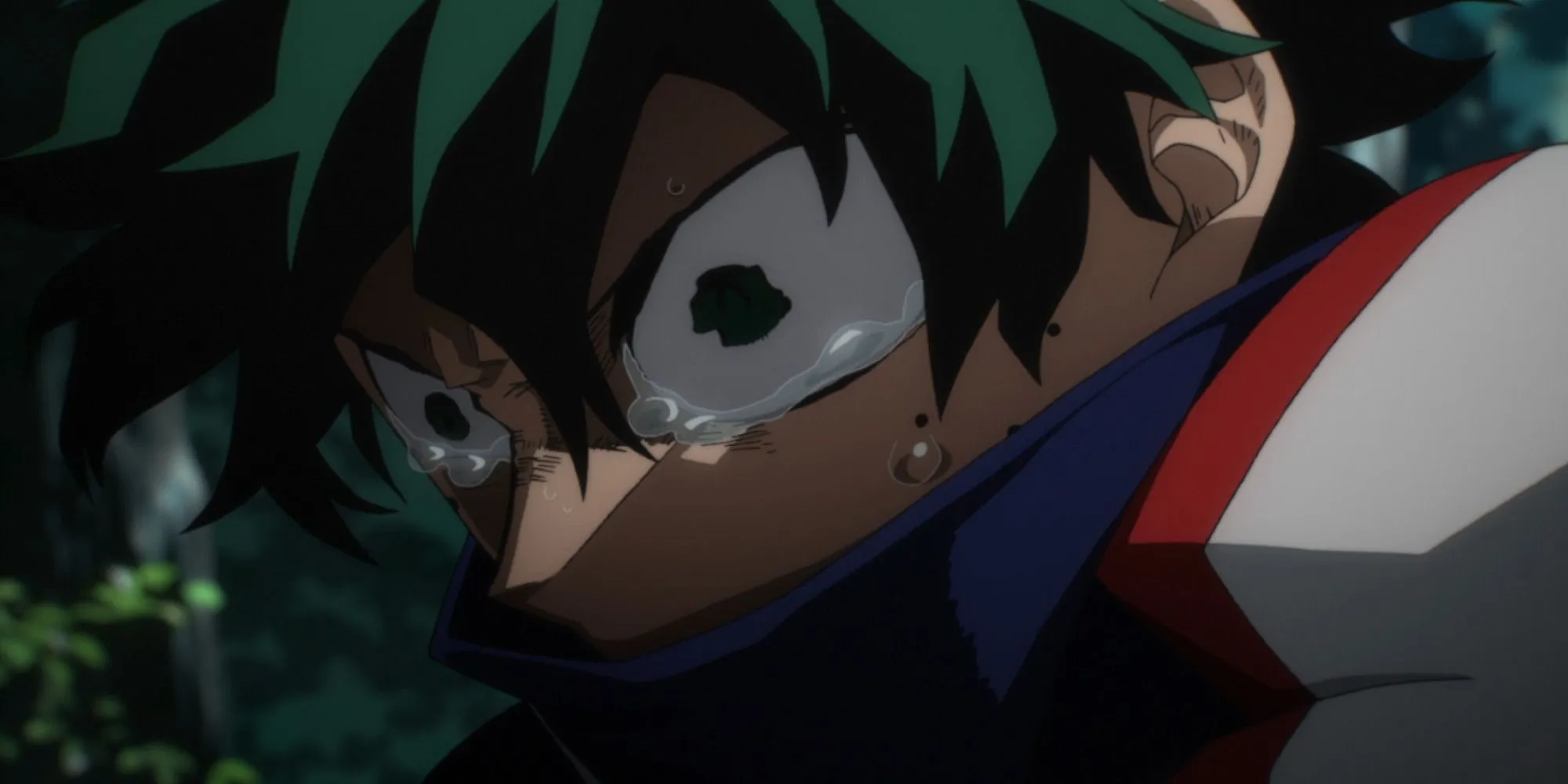
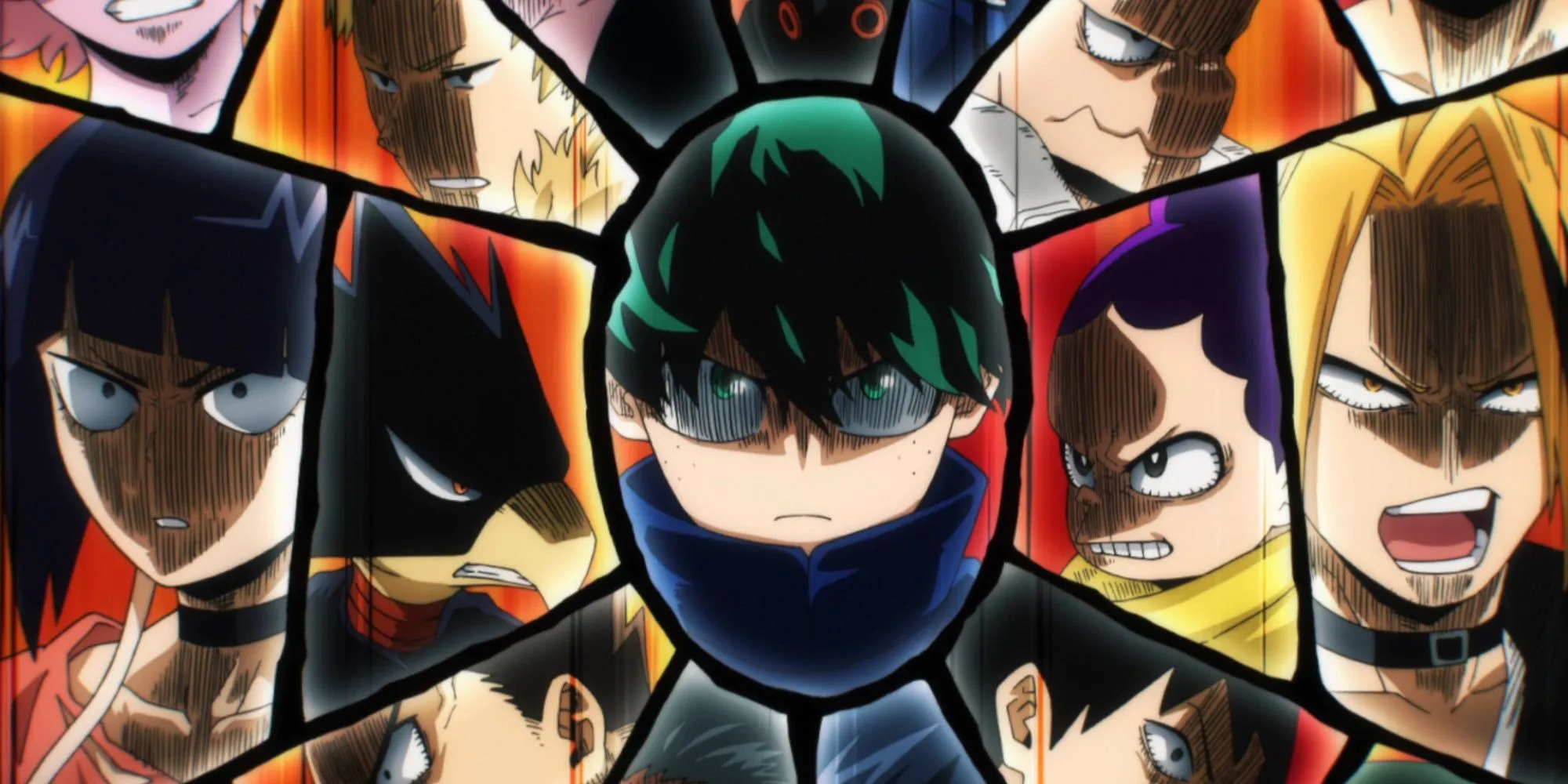
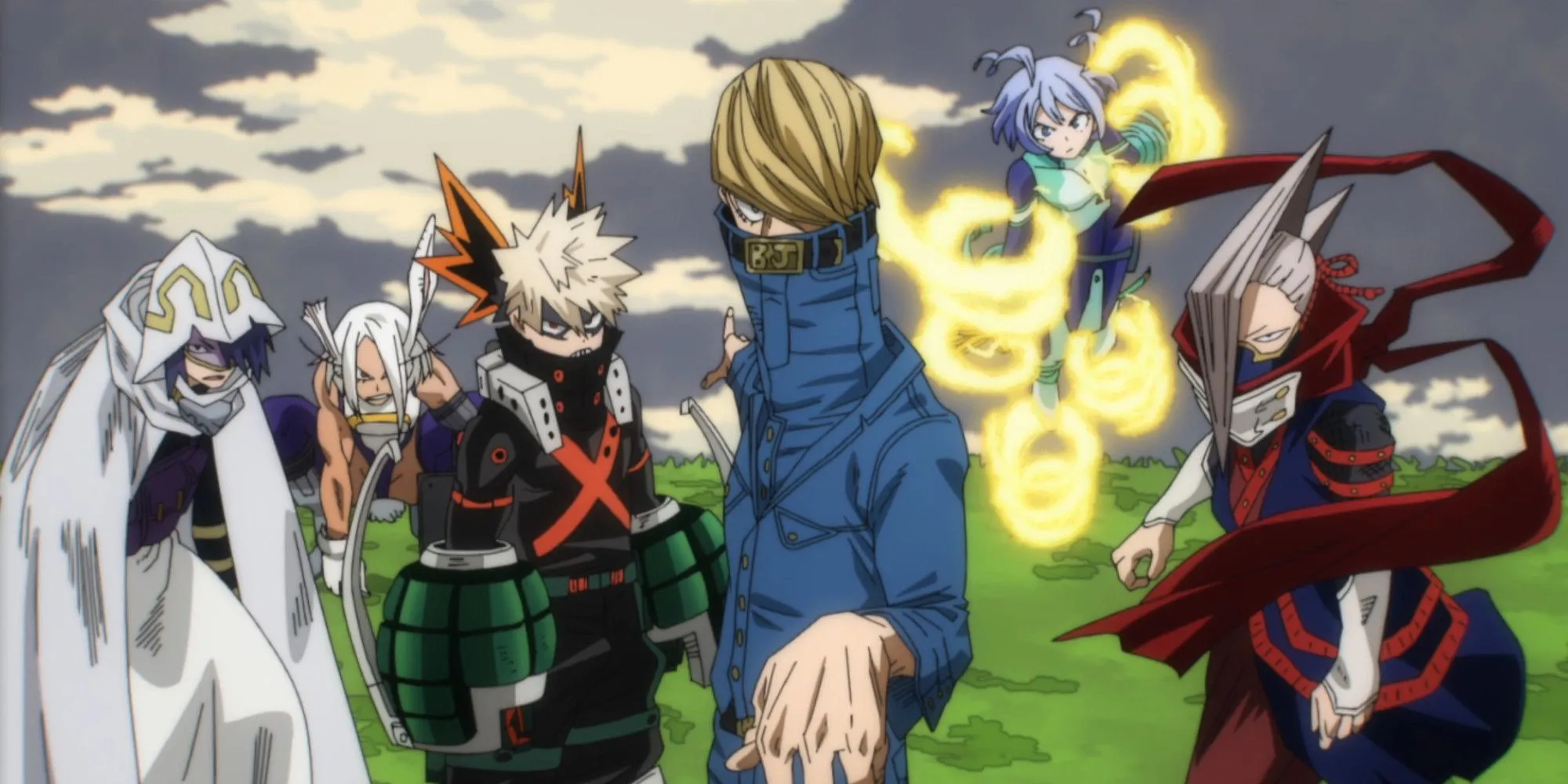
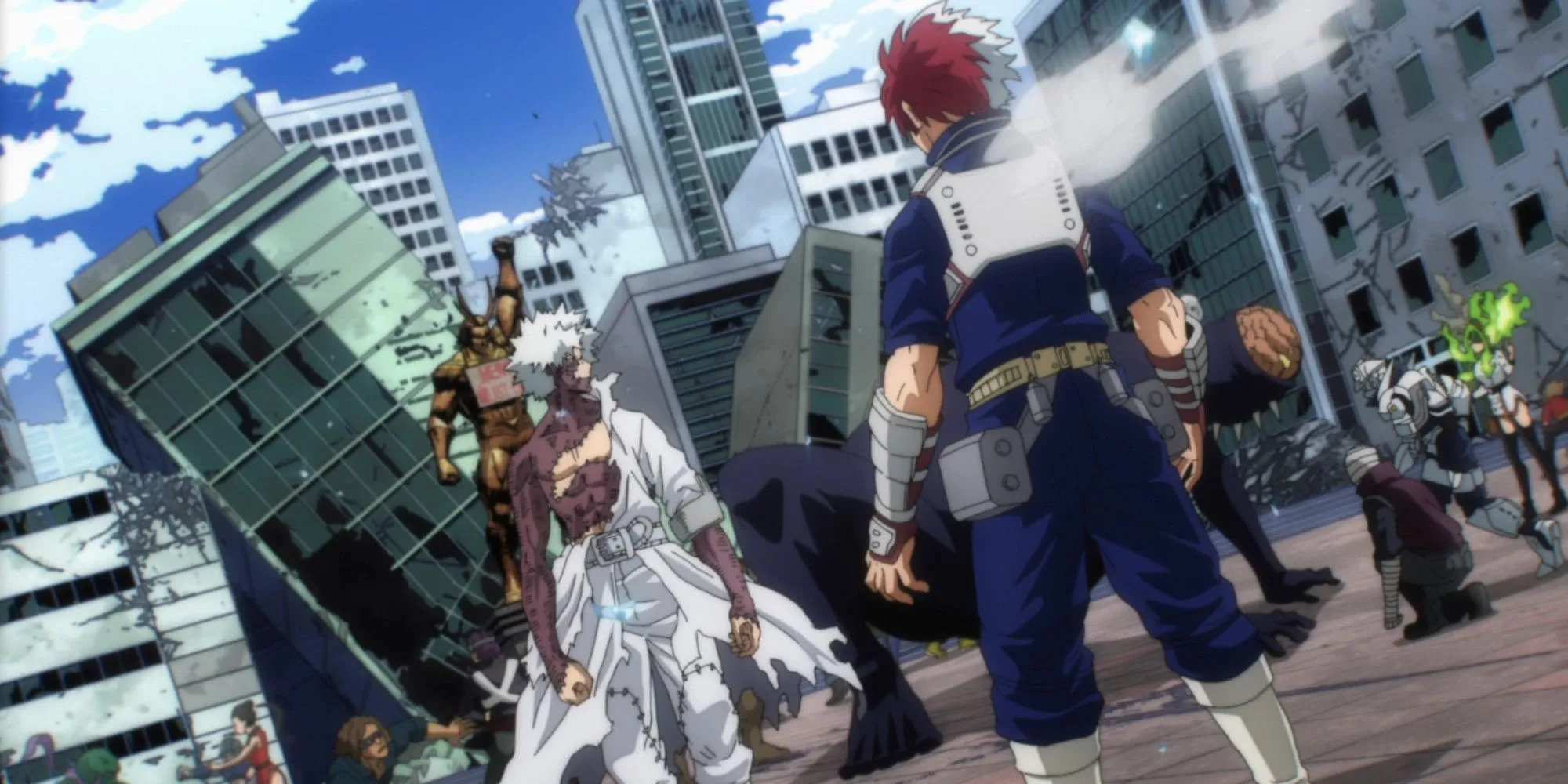
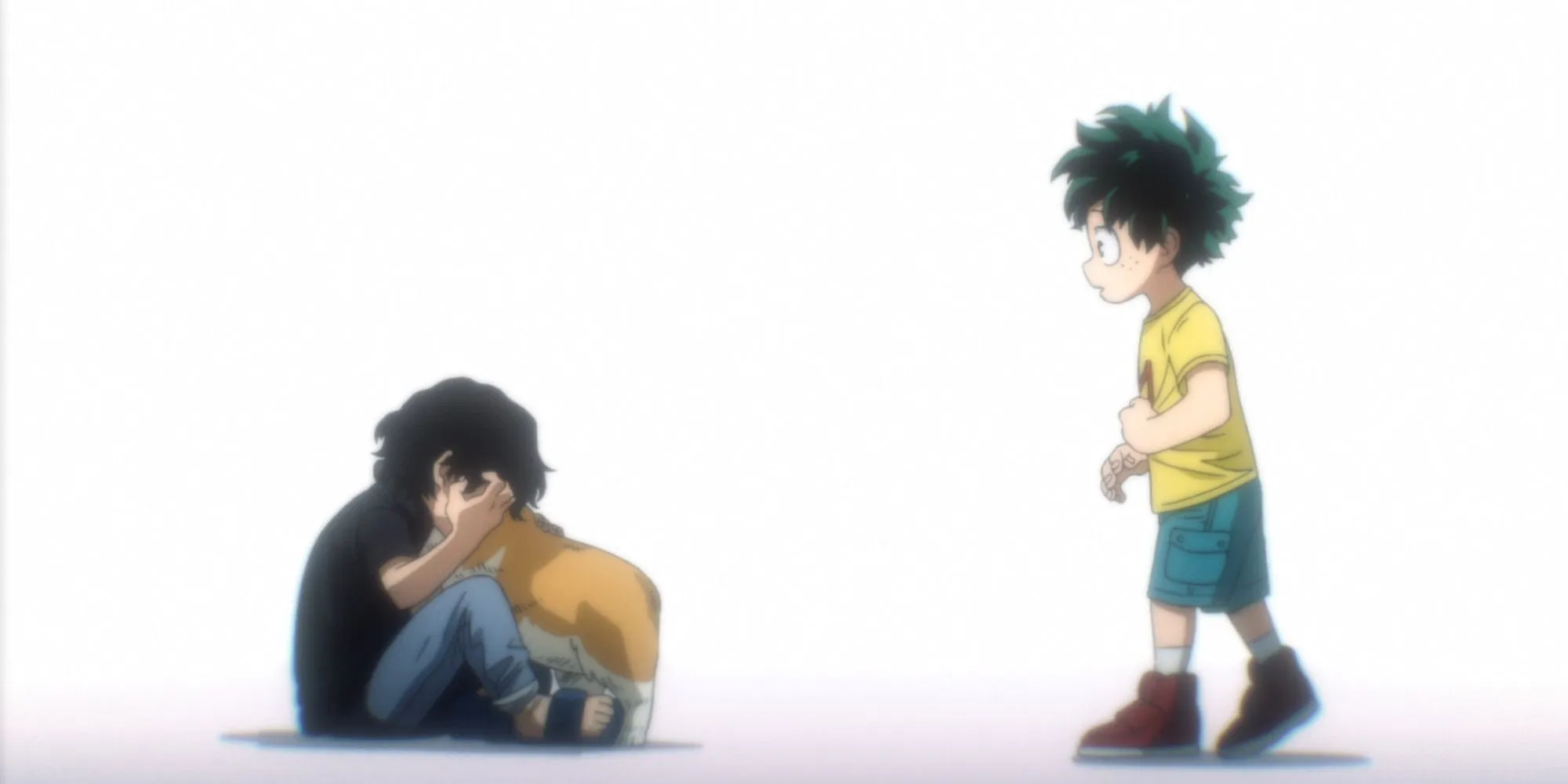
The superheroes are strategically positioned across the nation in a synchronized effort to subdue the villains one after another. Shoto engages Toya in Kamino Ward, the site that witnessed All Might’s resolution, while Endeavor and Hawks confront All For One amidst the debris of Gunga Villa. A formidable coalition unites to challenge Shigaraki at UA Academy, which has transformed into a fortified aerial stronghold aimed at his defeat. And this is just the beginning.
For once, it appears that the protagonists hold the advantage, and despite the temporary nature of such circumstances, it is a satisfying feeling. However, complications arise swiftly, creating a tug-of-war scenario that affects battles taking place far away. Season 7 excels at weaving the overarching narrative with the individual contributions of its supporting characters, building to these critical milestones.
How Season 7 Overcomes Its Shortcomings
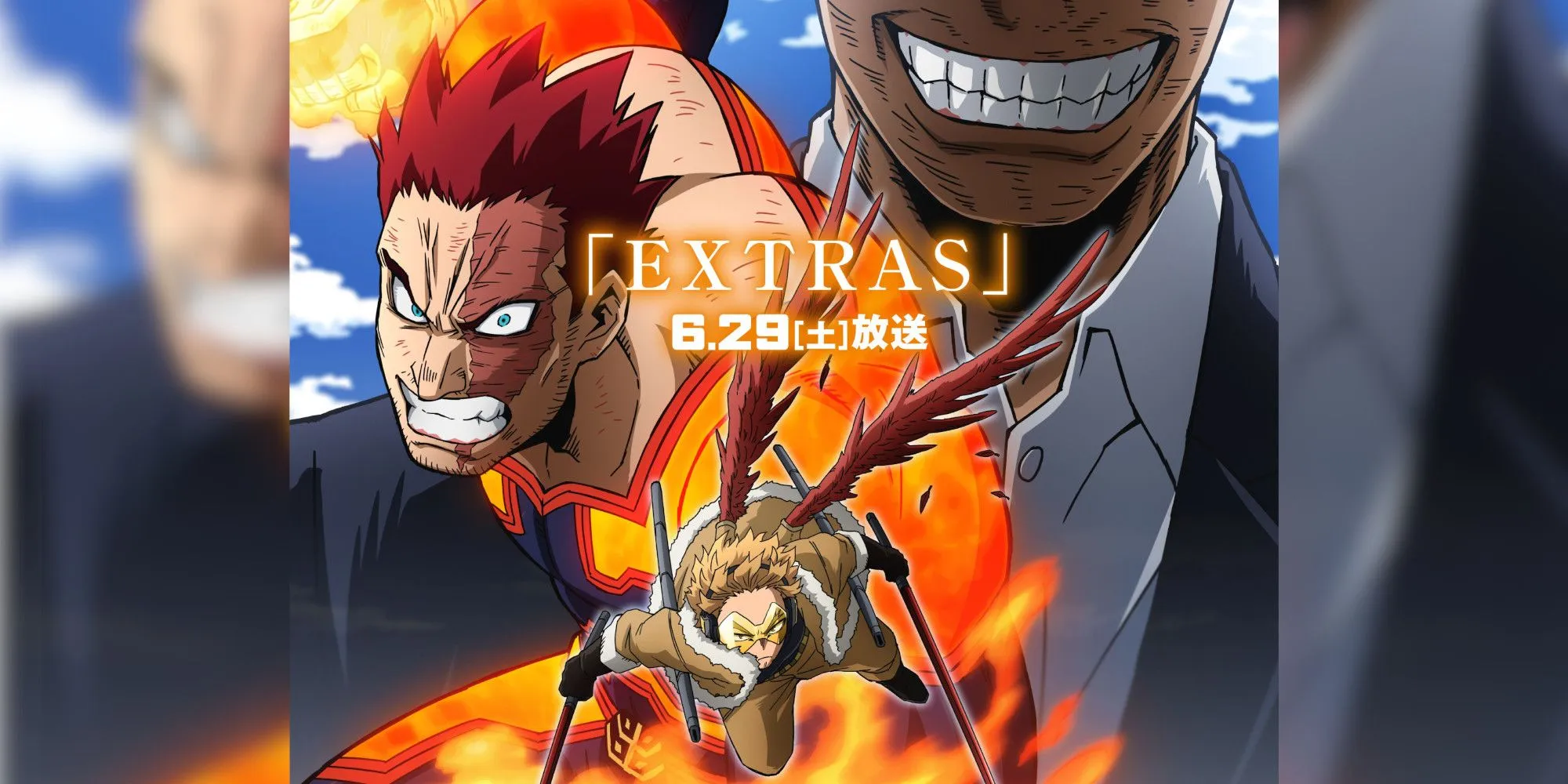
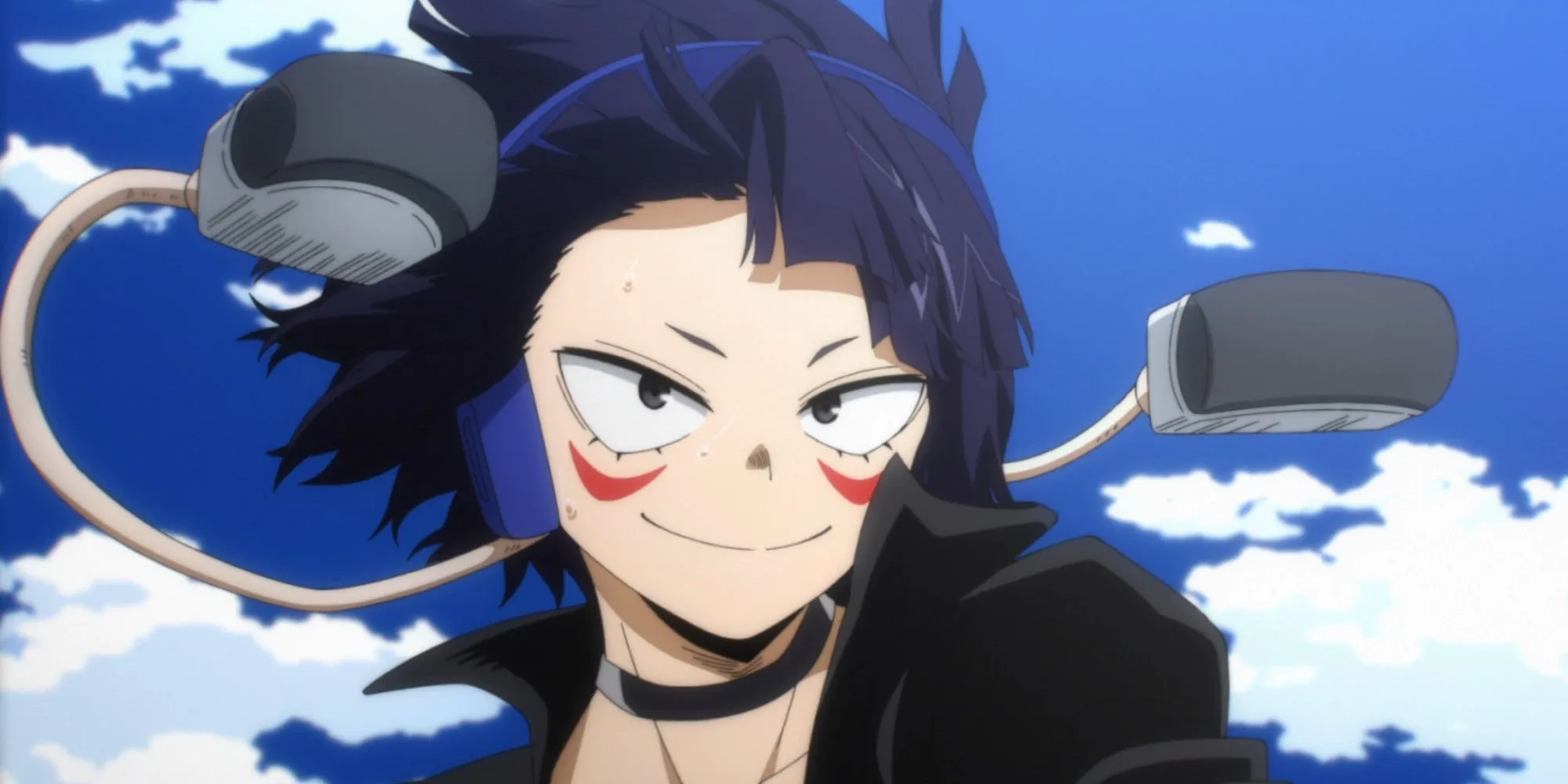
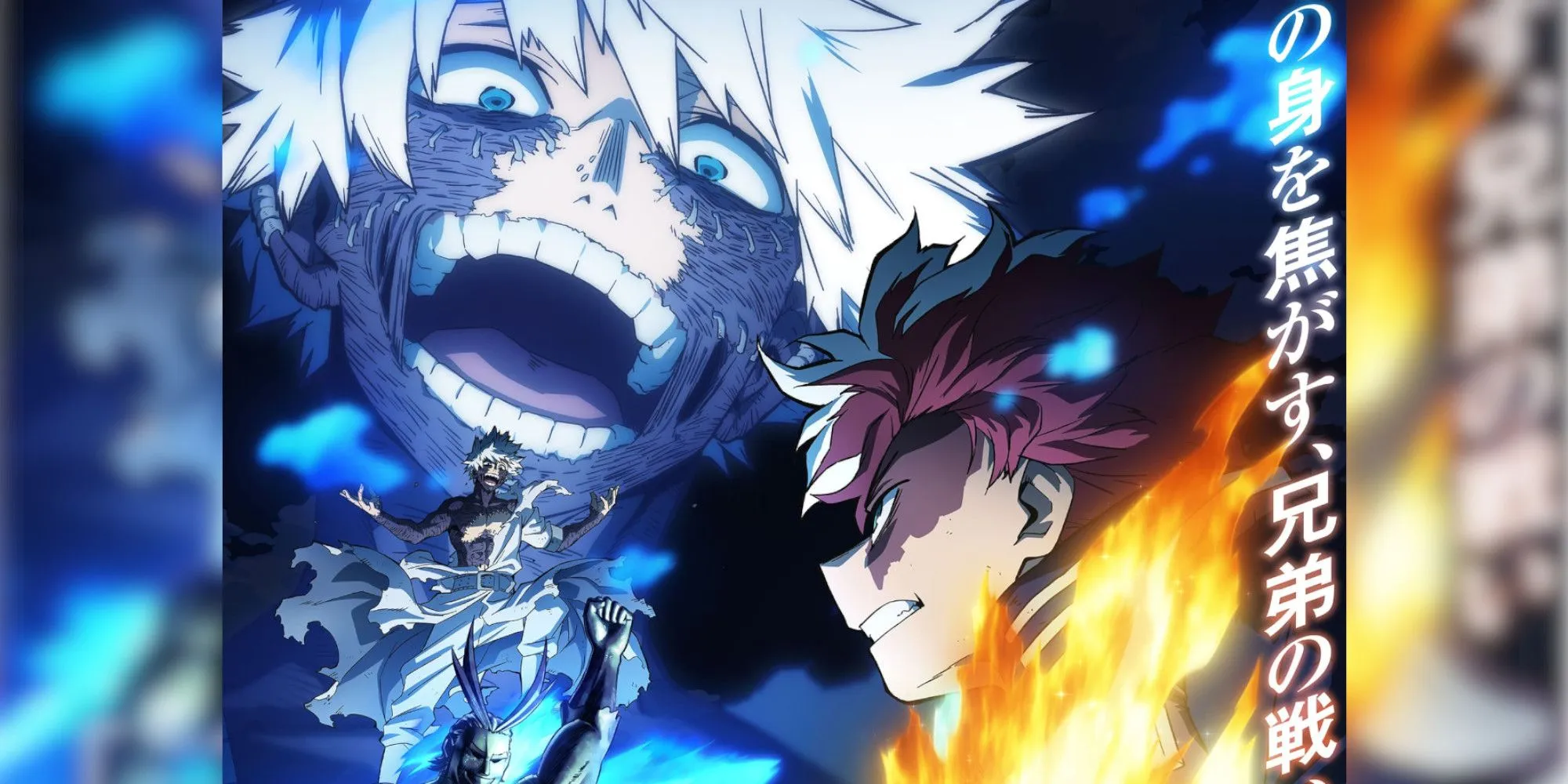
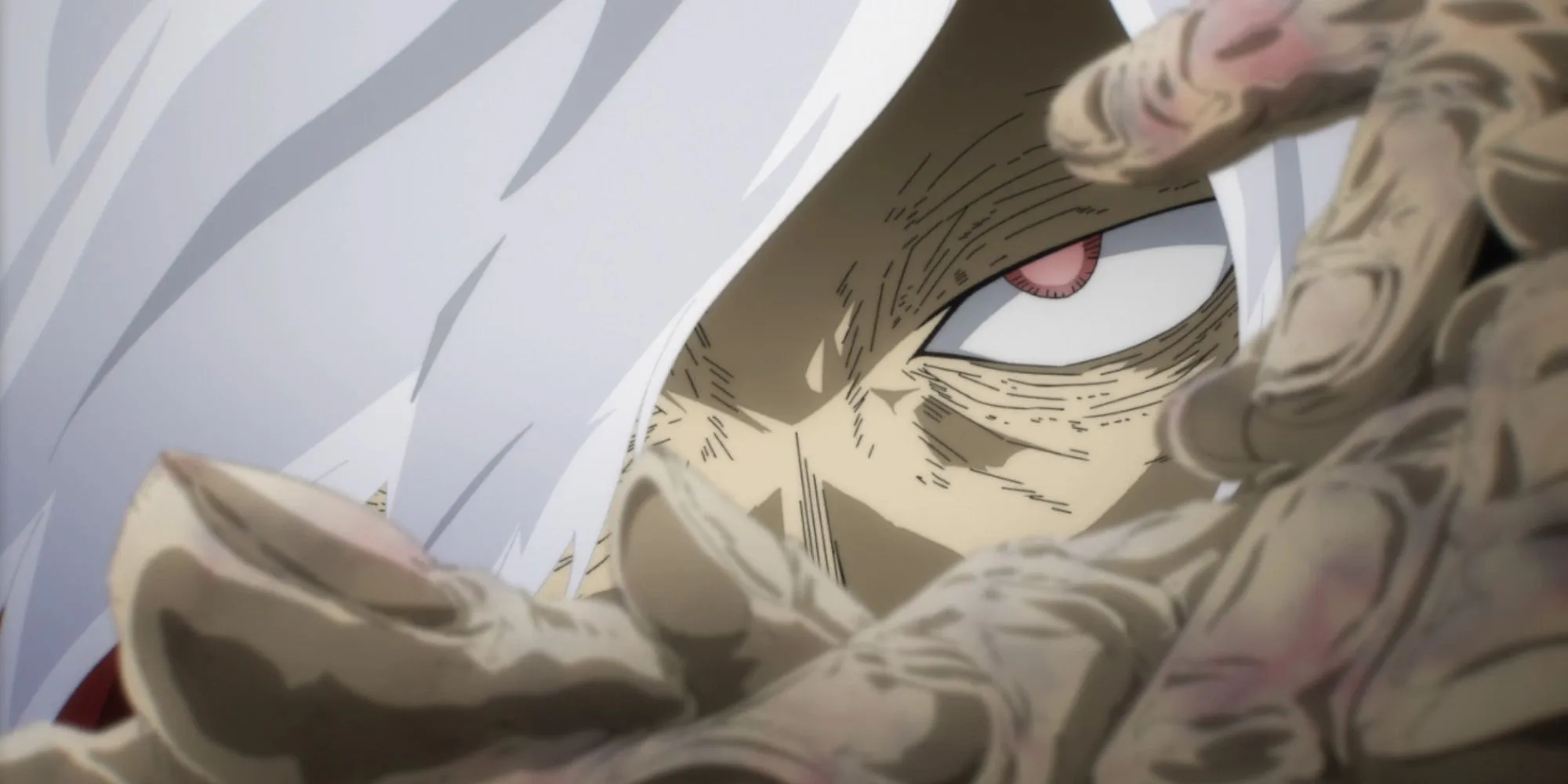
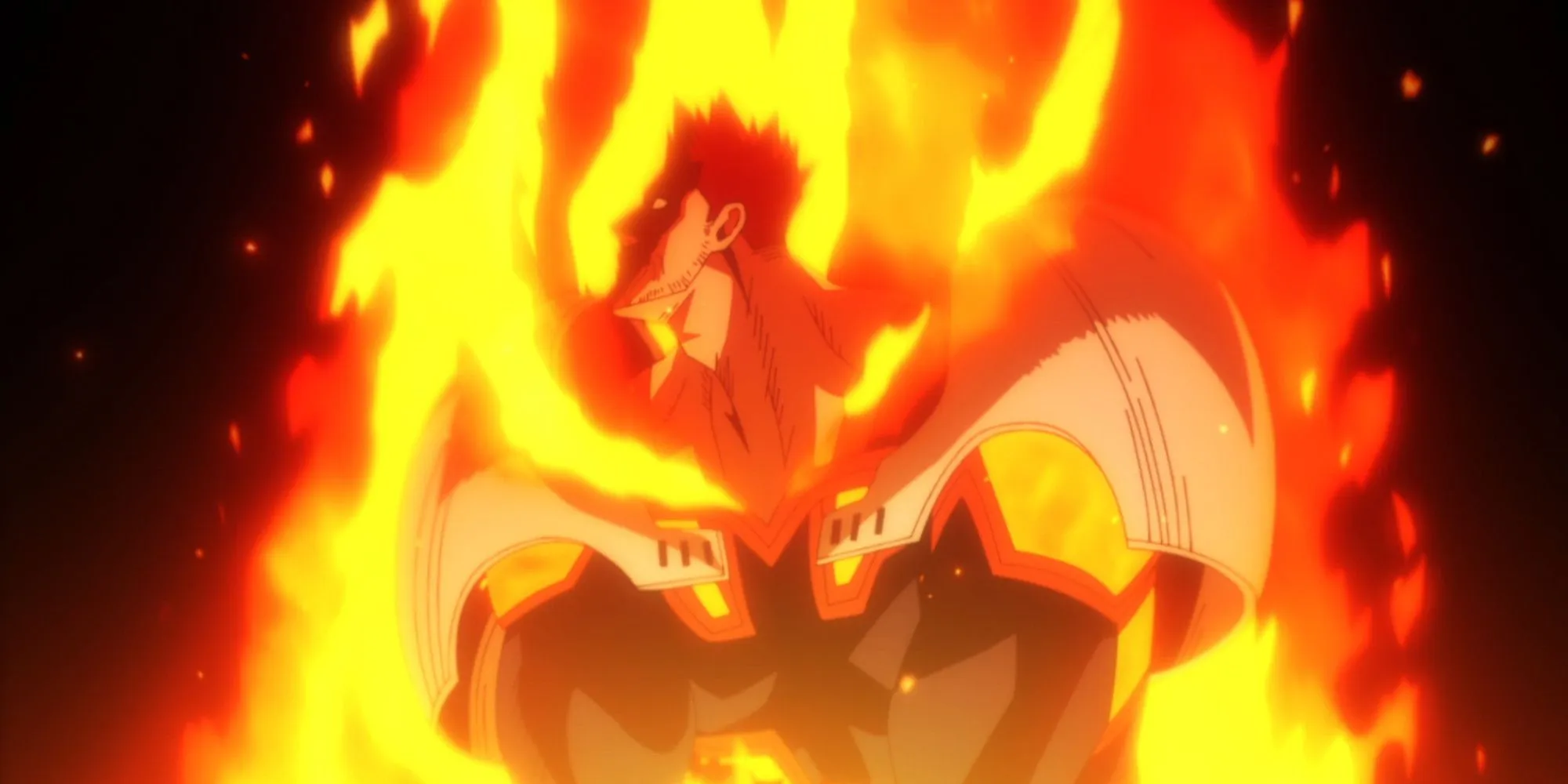
Notably, the series remains rooted in what initially drew audiences to My Hero Academia: the journey of Deku, who grapples with the absence of a quirk, yet embodies courage and exudes joy upon discovering his potential to be a hero. Throughout its run, the anime has continuously presented the backstories of its diverse cast with remarkable writing and engaging visuals. Consequently, it’s no surprise that viewers remain captivated by these characters even at this advanced stage of the narrative.
While the show adheres to its strong foundations, some persistent criticisms of the adaptation linger—especially in the early episodes of this season. Despite its beneficial narrative momentum, certain expository segments can occasionally feel excessive, as can flashbacks. These familiar concerns detract from the overall power of some truly compelling storytelling.
All For One, “Extras”, and Deku’s Limited Presence
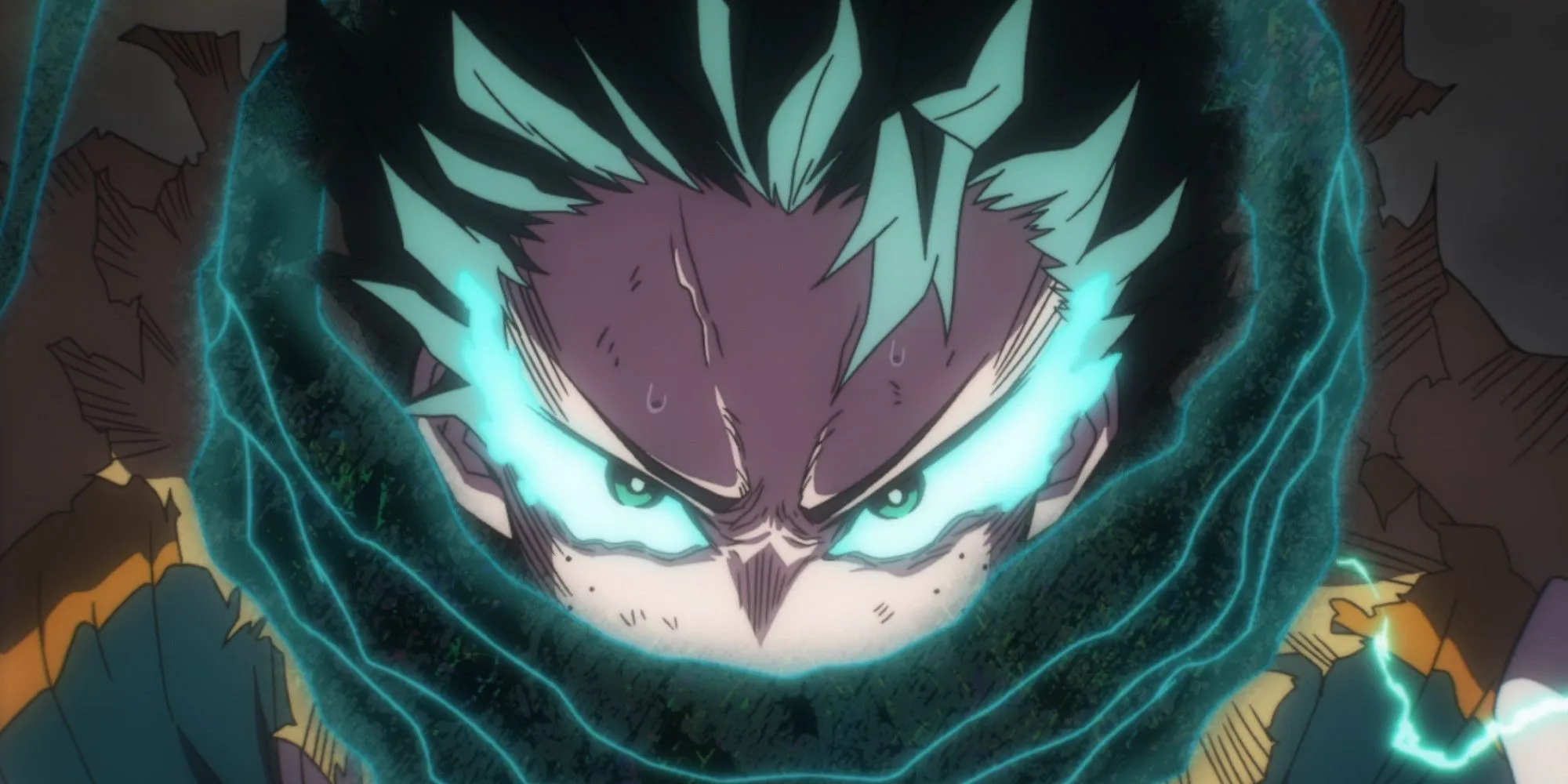
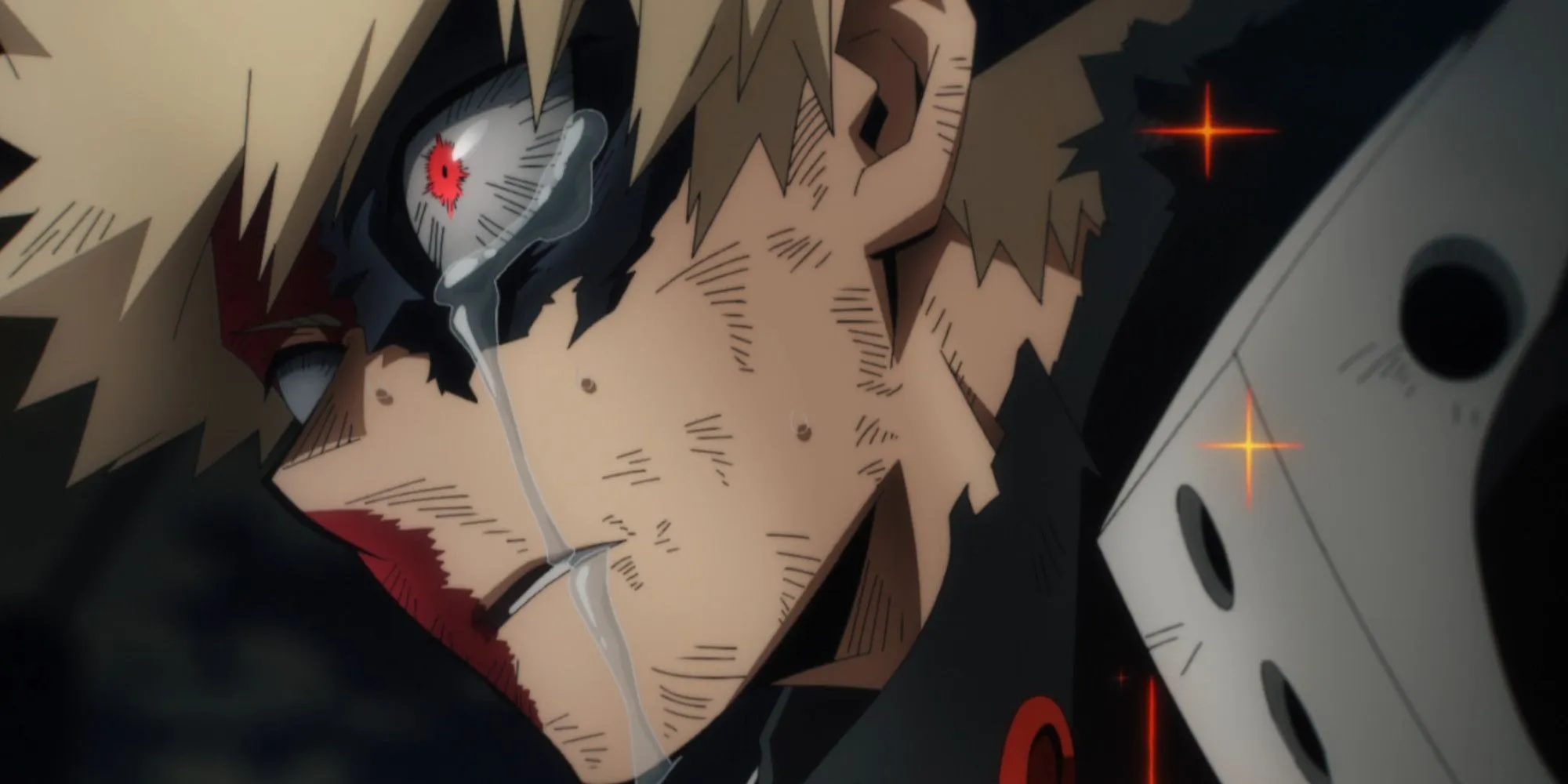
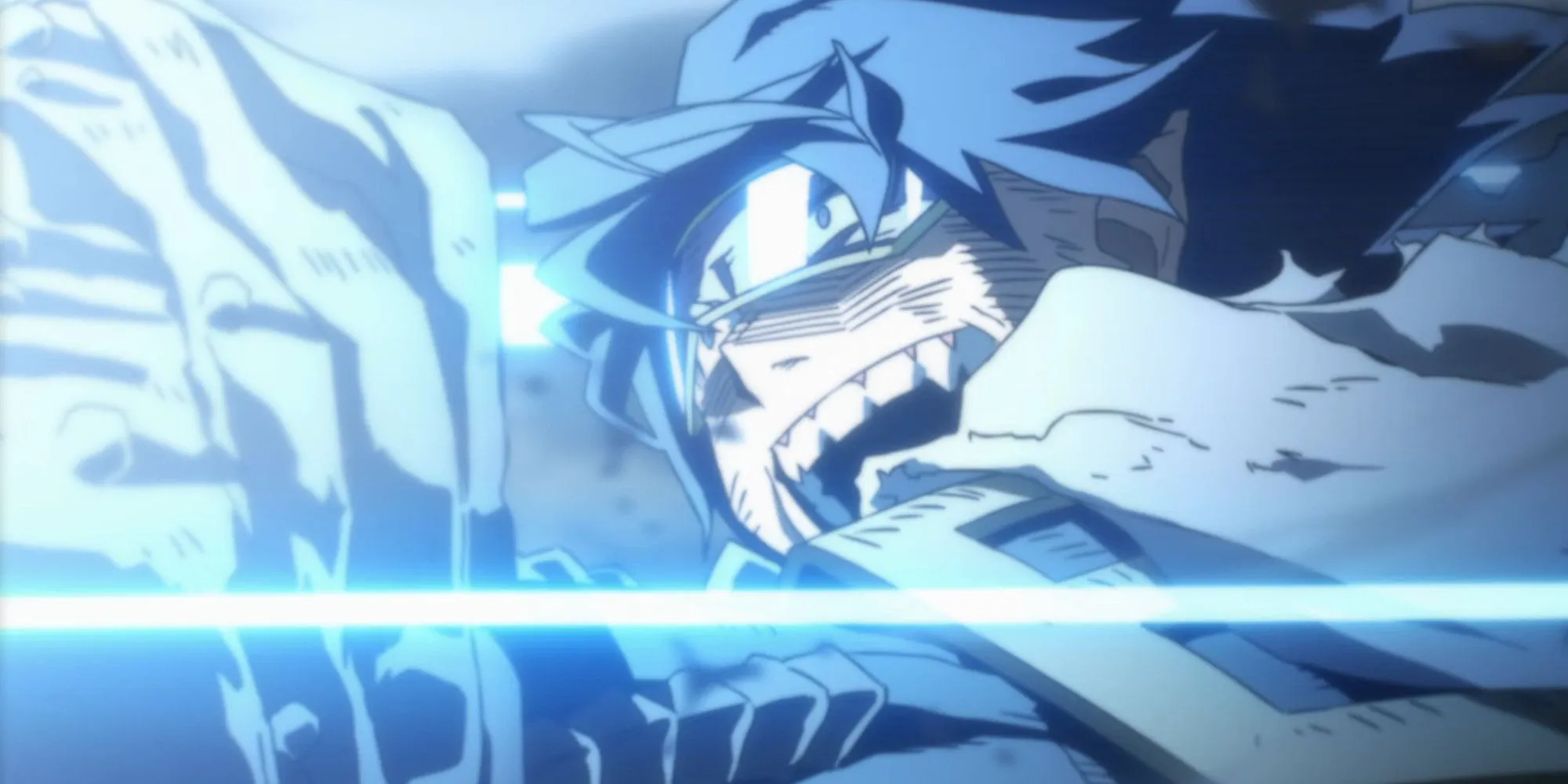
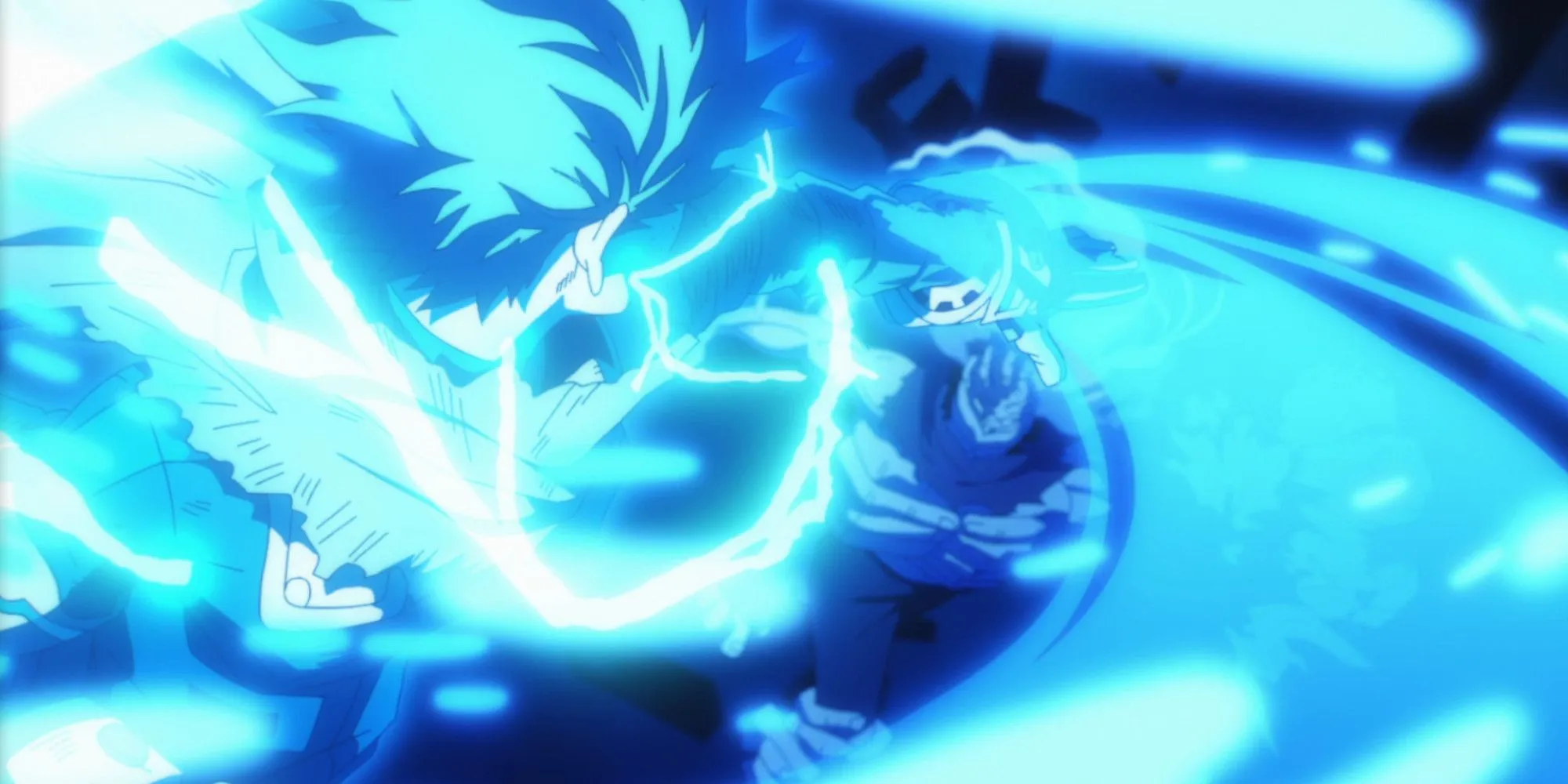
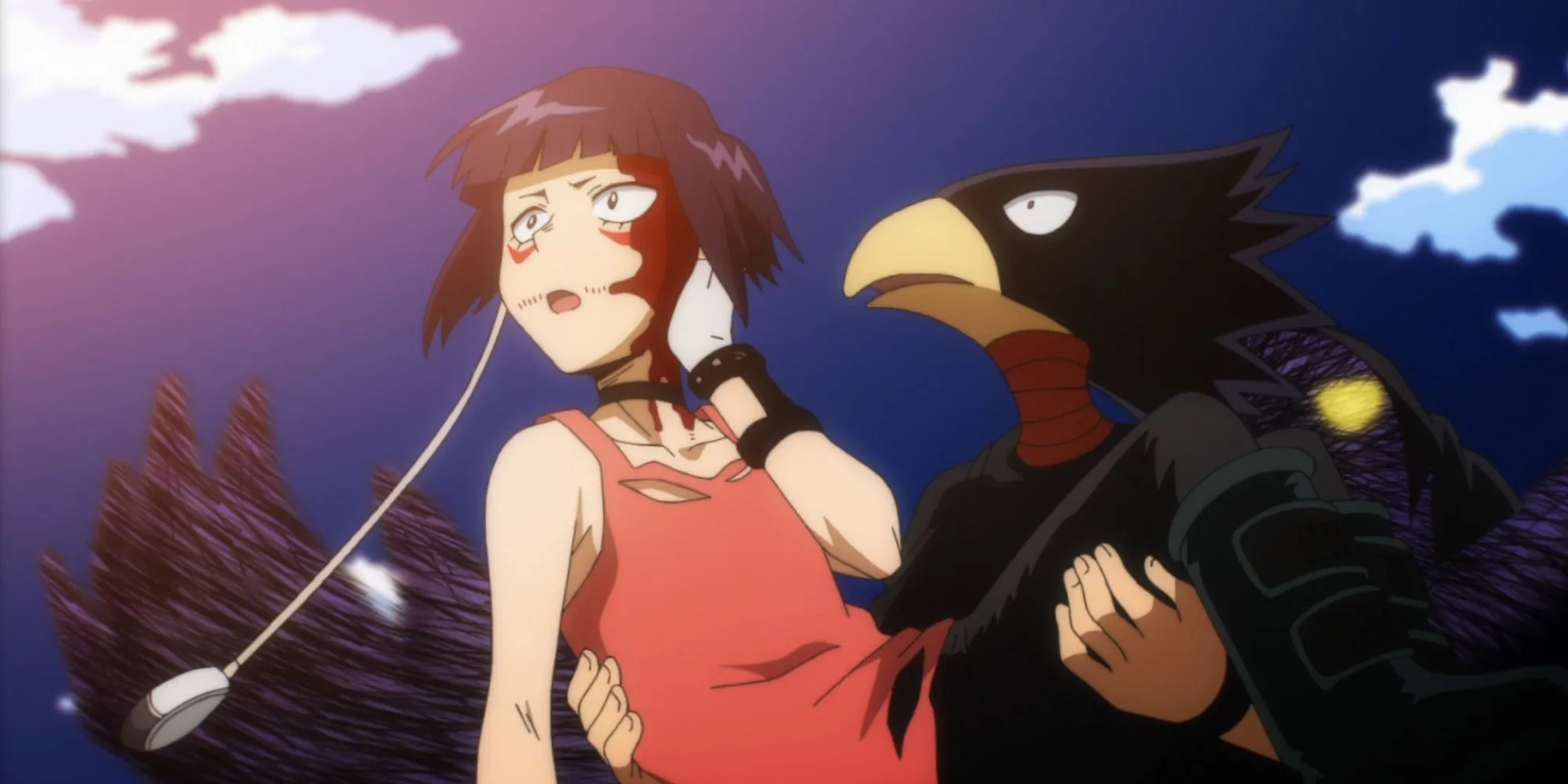
Spanning eight years and seven seasons, My Hero Academia has intricately woven a narrative that both celebrates and critiques the superhero genre. The series unveils the societal flaws and simultaneously develops a deeper empathy for its villains, thereby compelling its heroes to confront their own roles and evolve into the champions they profess to be. All key themes connecting to these core messages are vividly articulated, reflecting a narrative that unabashedly displays its emotional core.
This storyline explores societal decay, portraying how the fear of such collapse can eliminate hope for the future. All For One explicitly articulates this ambition; he seeks to embody the ultimate dread, residing perpetually in people’s minds—literally stealing their future possibilities. In contrast, he dismisses Class 1A—representing the new generation, the very essence of the future he aims to extinguish—as mere “extras.”
A vital lesson from Season 7 is the affirmation that there are no “extras,” a notion that becomes crystallized through Deku’s comparative absence. “Comparative” is the operative term as he remains engaged in the conflict, and his anticipated rematch with Shigaraki is highly rewarding, yet the narrative skillfully emphasizes other character arcs. The idea that “anyone can be a hero”isn’t novel to superhero narratives, but this series authentically expresses that sentiment with unmatched emotional depth.
My Hero Academia Achieves New Heights
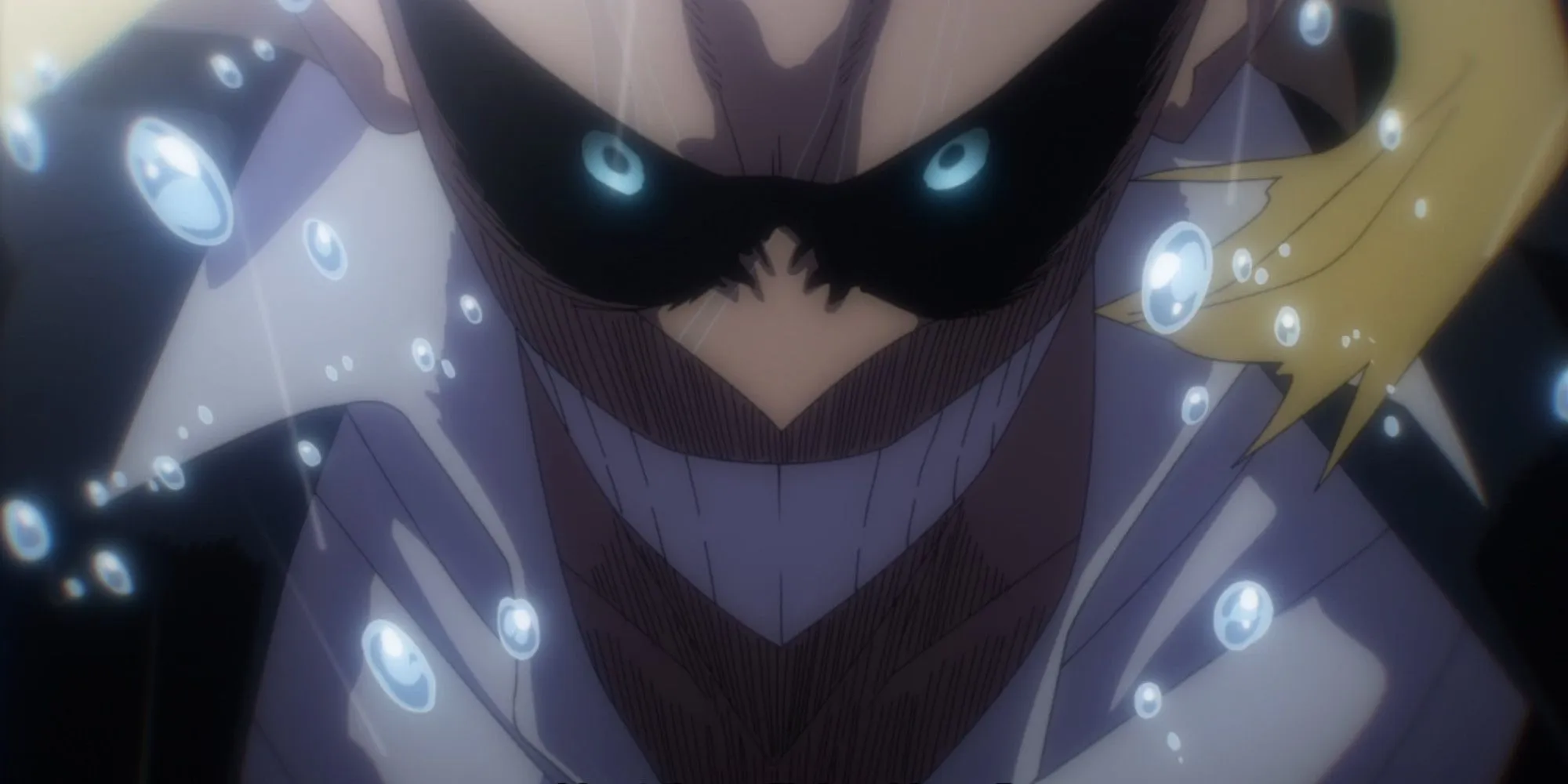
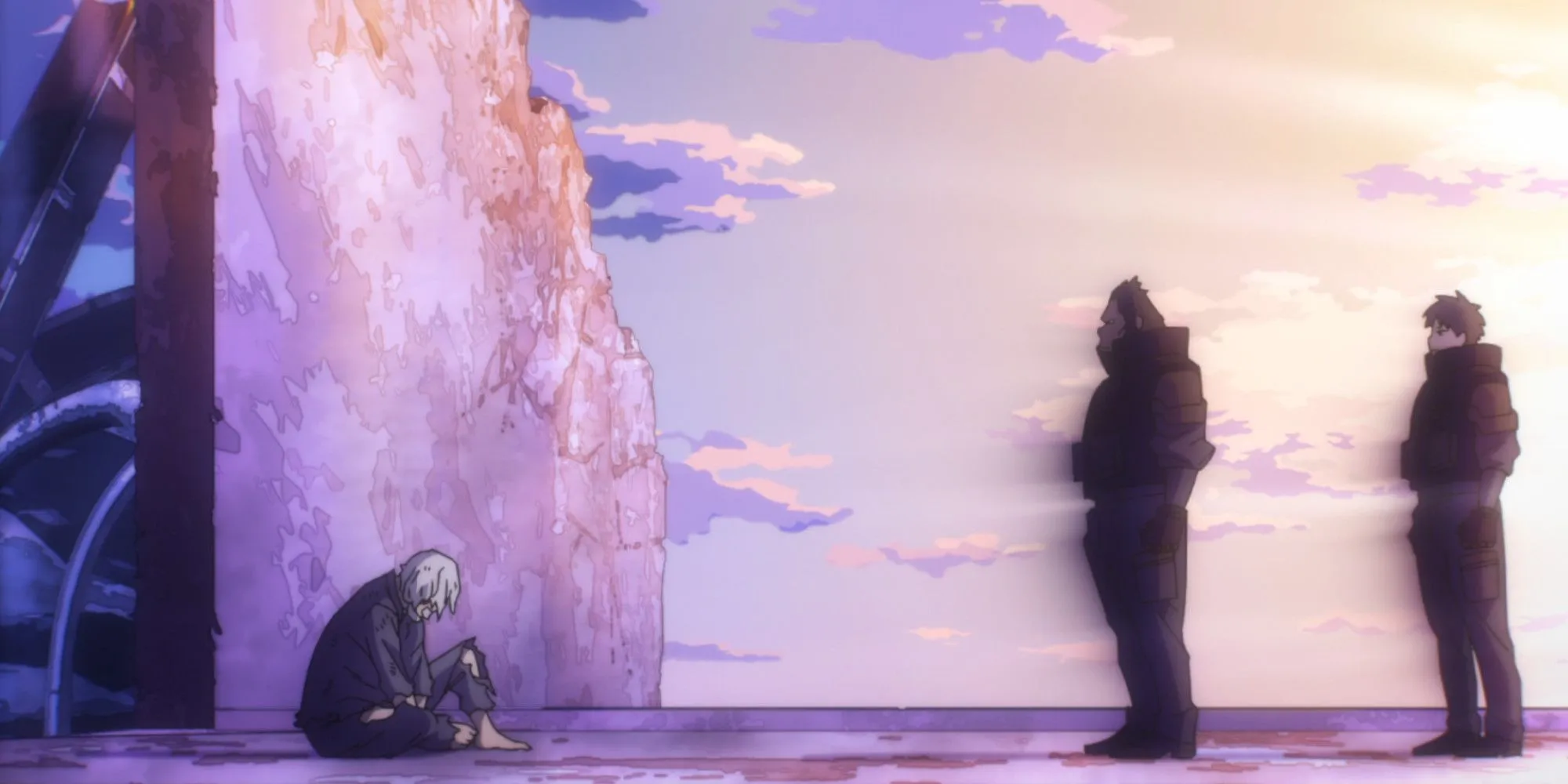
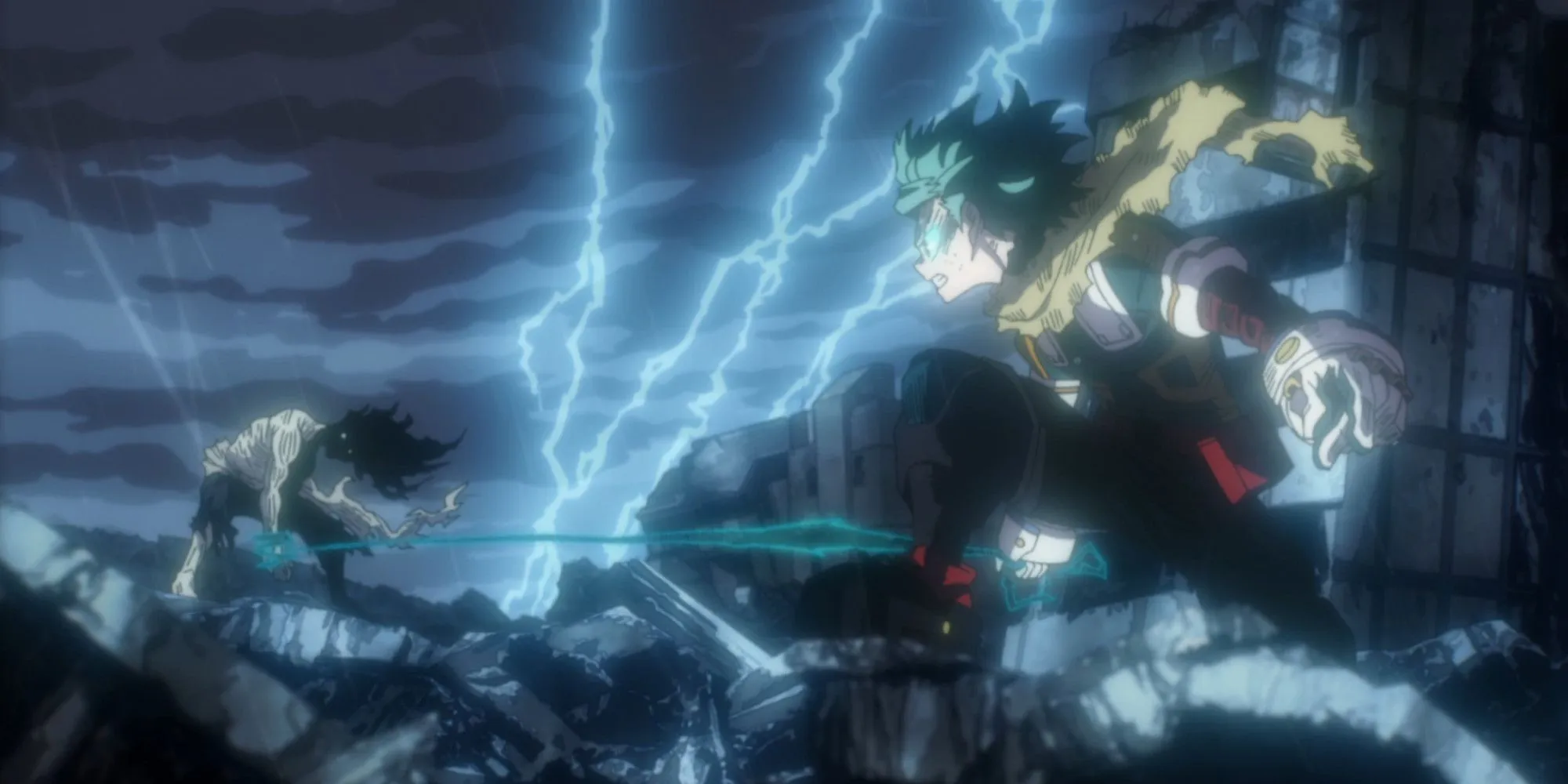
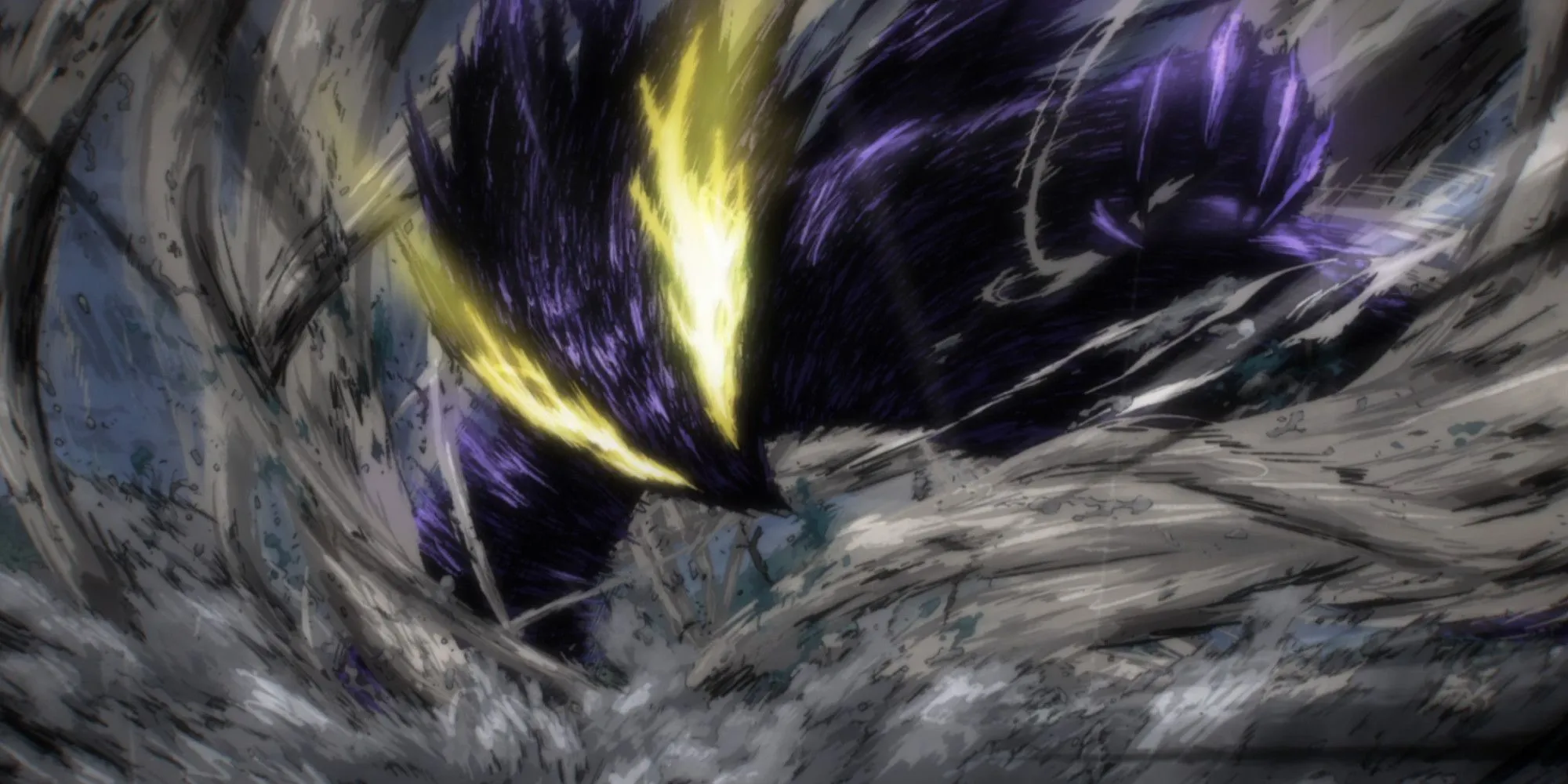
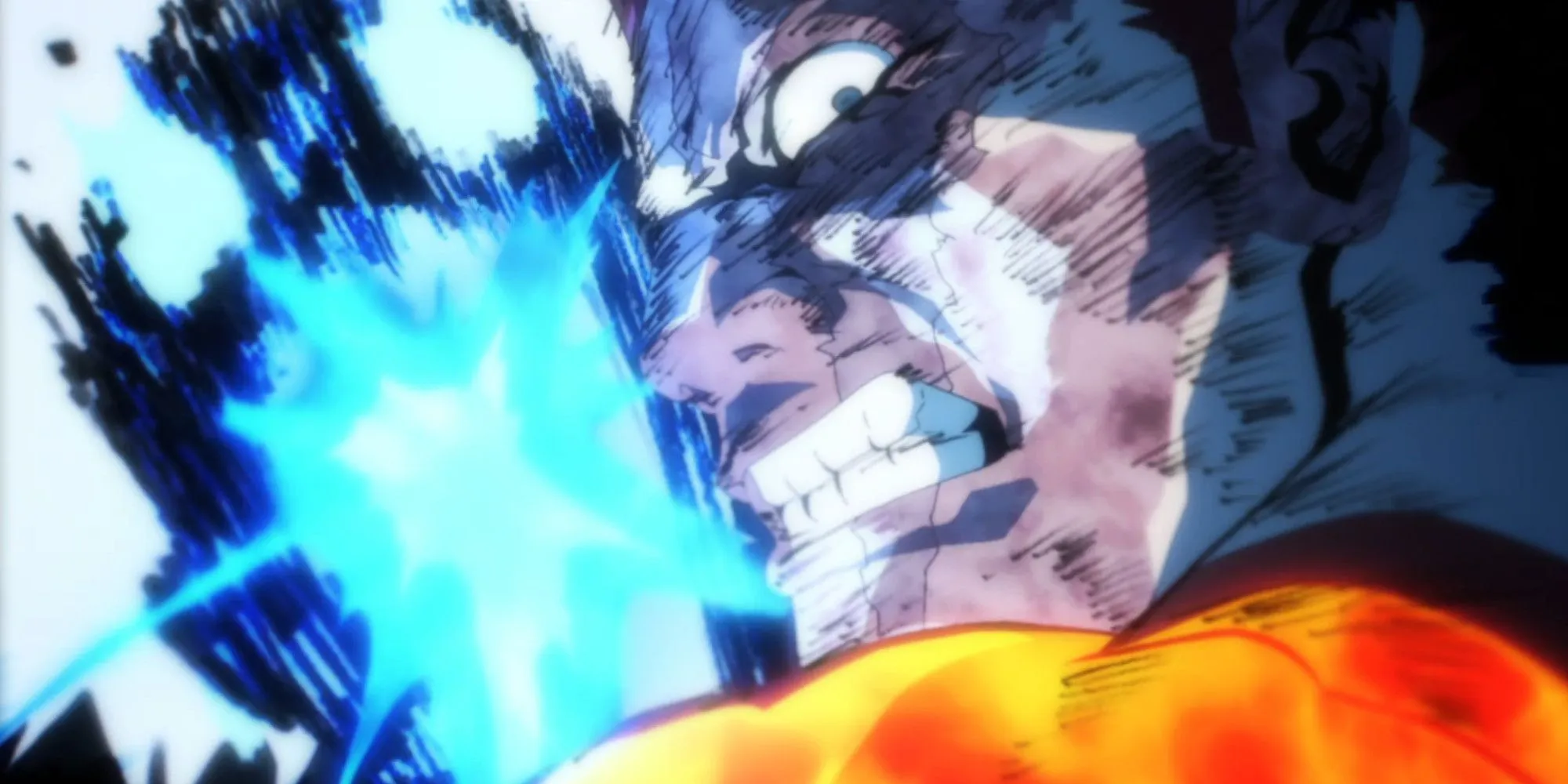
A remarkable transformation occurs during the latter part of Season 7—particularly from Episode 154 onward. The critiques often leveled at the show seem to dissipate as the pacing intensifies, emotional stakes escalate, and the animation quality amplifies. It evoked genuine excitement and brought tears to my eyes more profoundly than many other series have in recent memory.
With the joy of unexpected character returns coupled with eagerly anticipated confrontations, this season not only matched previous high points but surpassed them. The first half was compelling, yet it’s astonishing how much further the narrative gained momentum with each passing week. It continuously elevated the stakes and introduced fresh elements to keep the lengthy battles engaging.
This Series Deserves Recognition Like Never Before
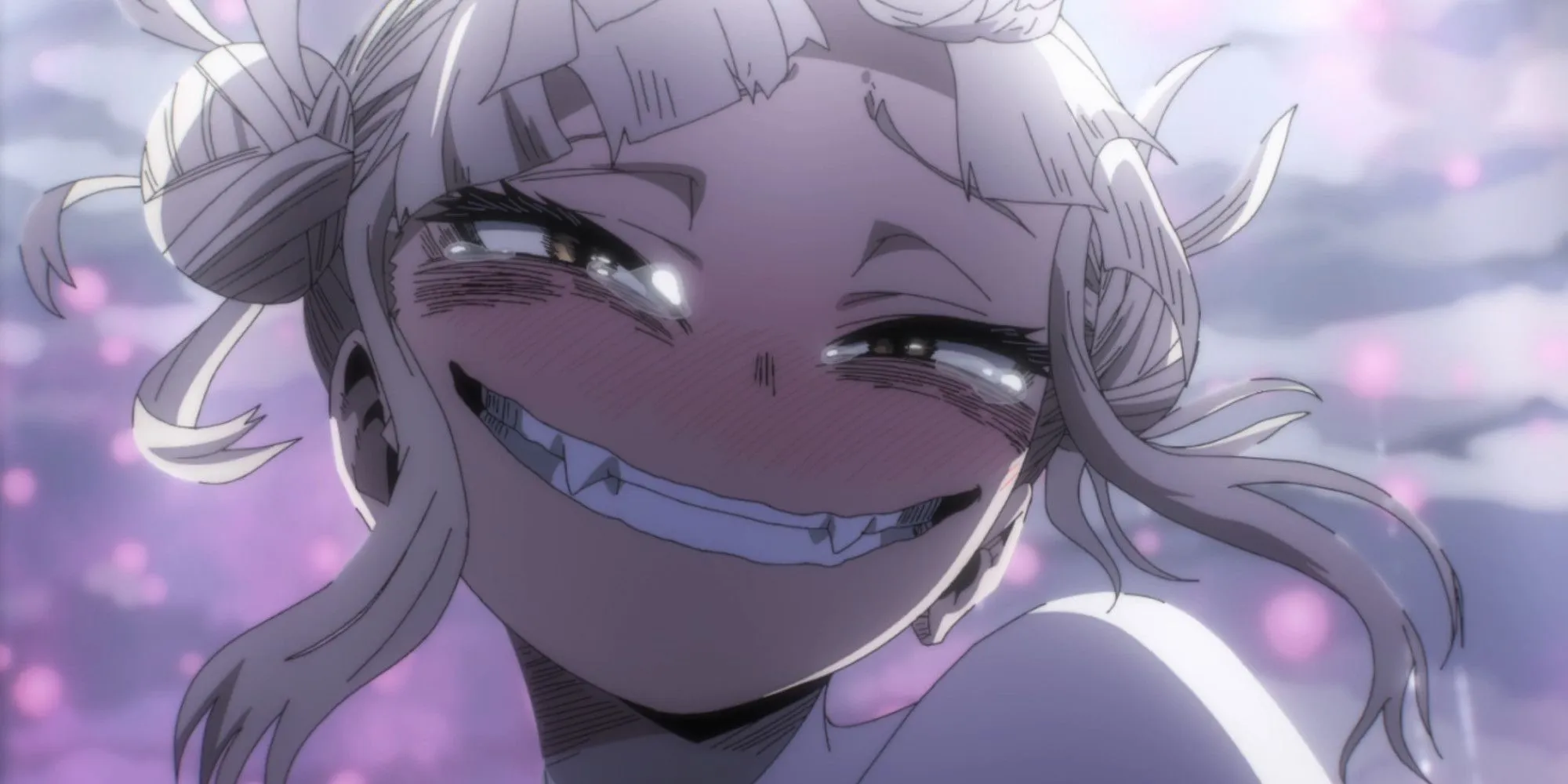
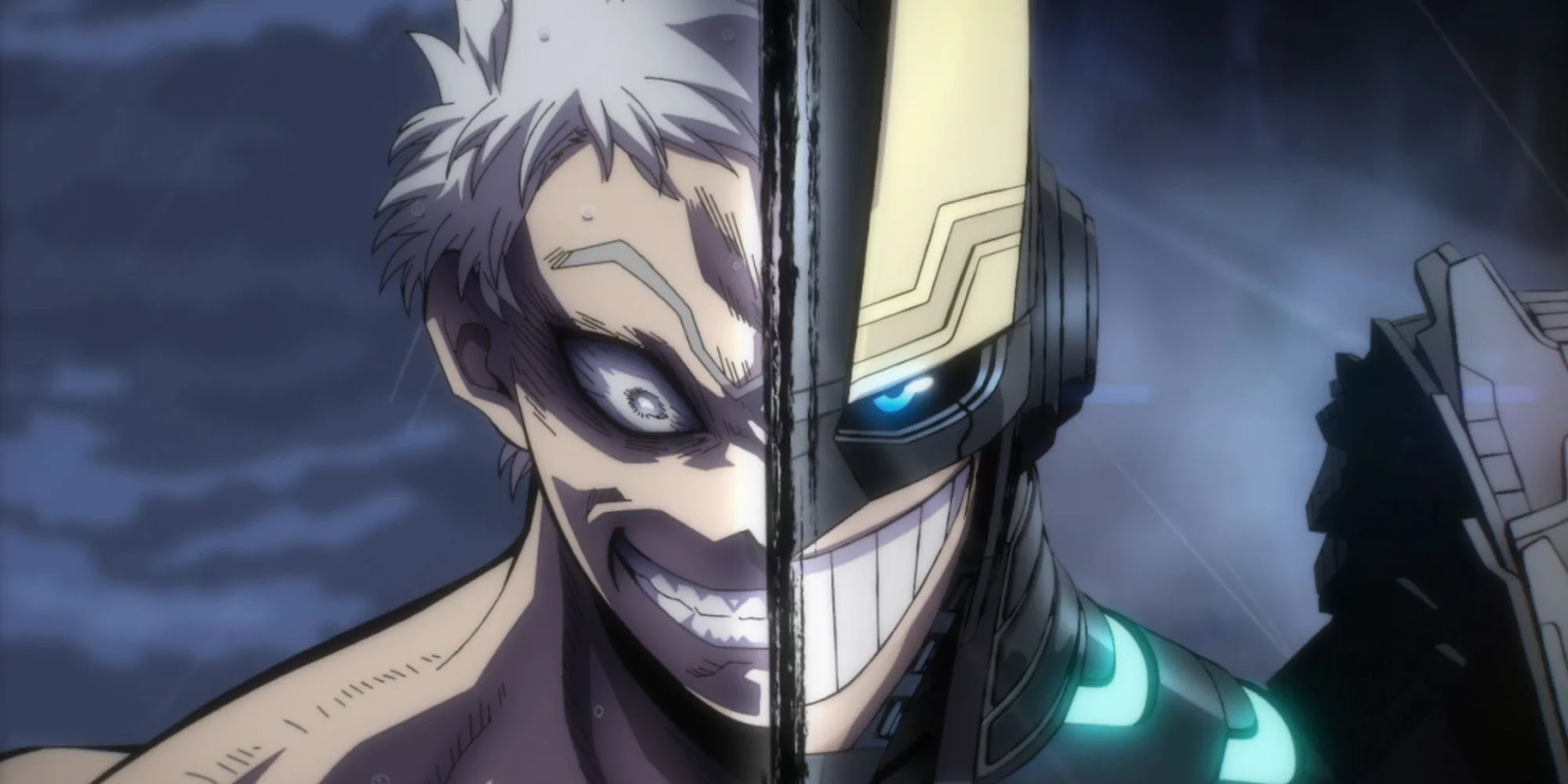
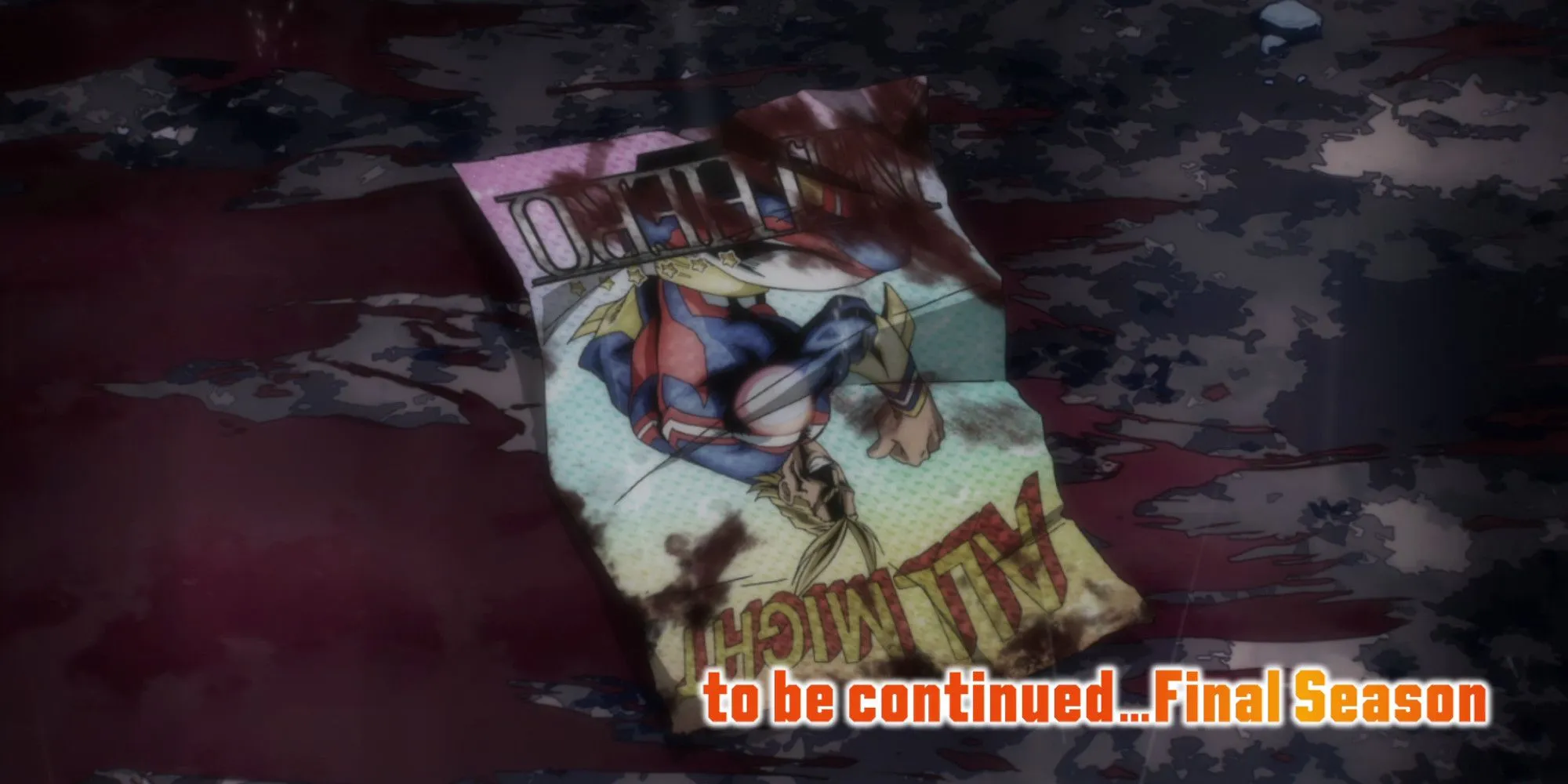
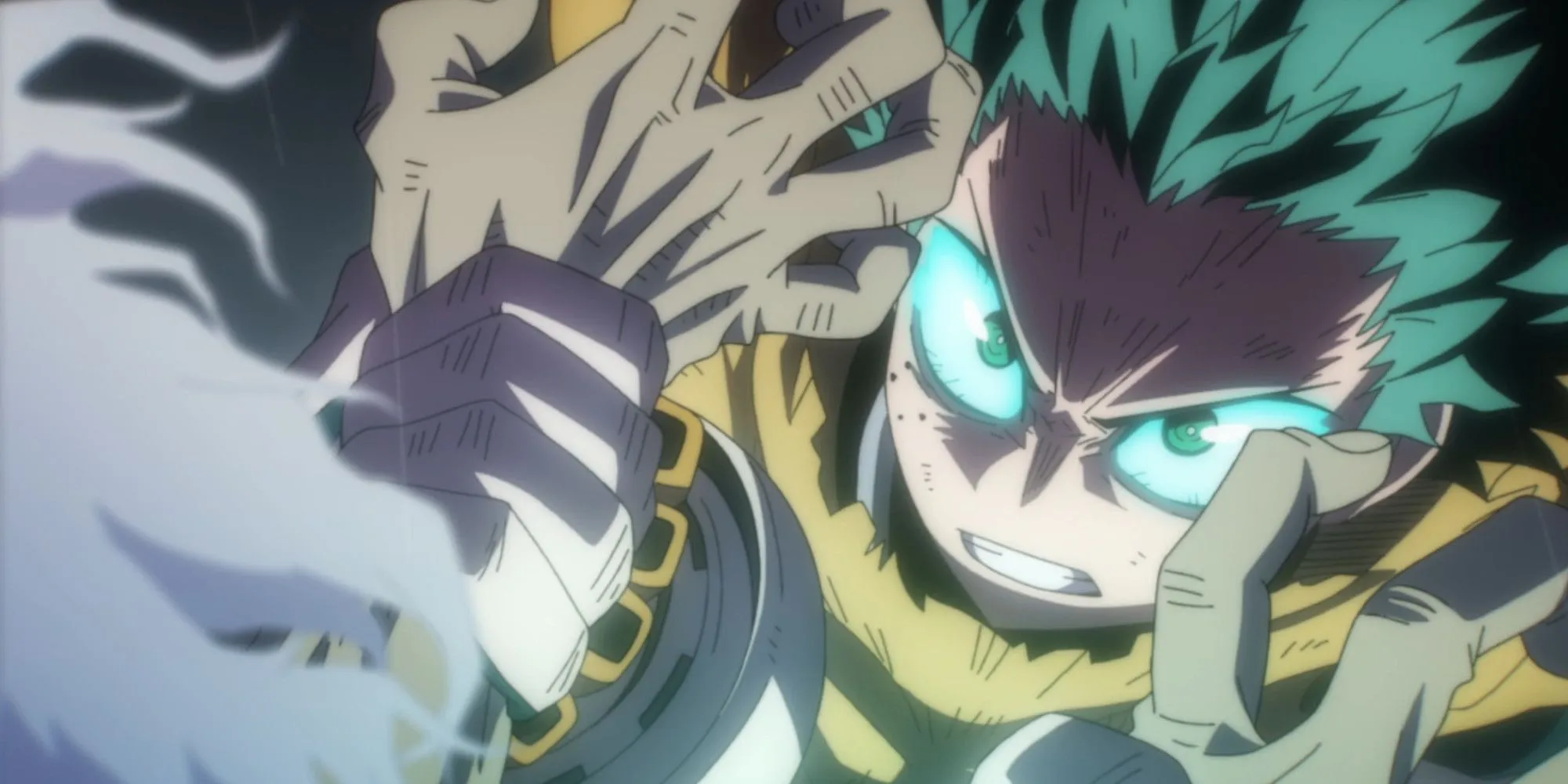
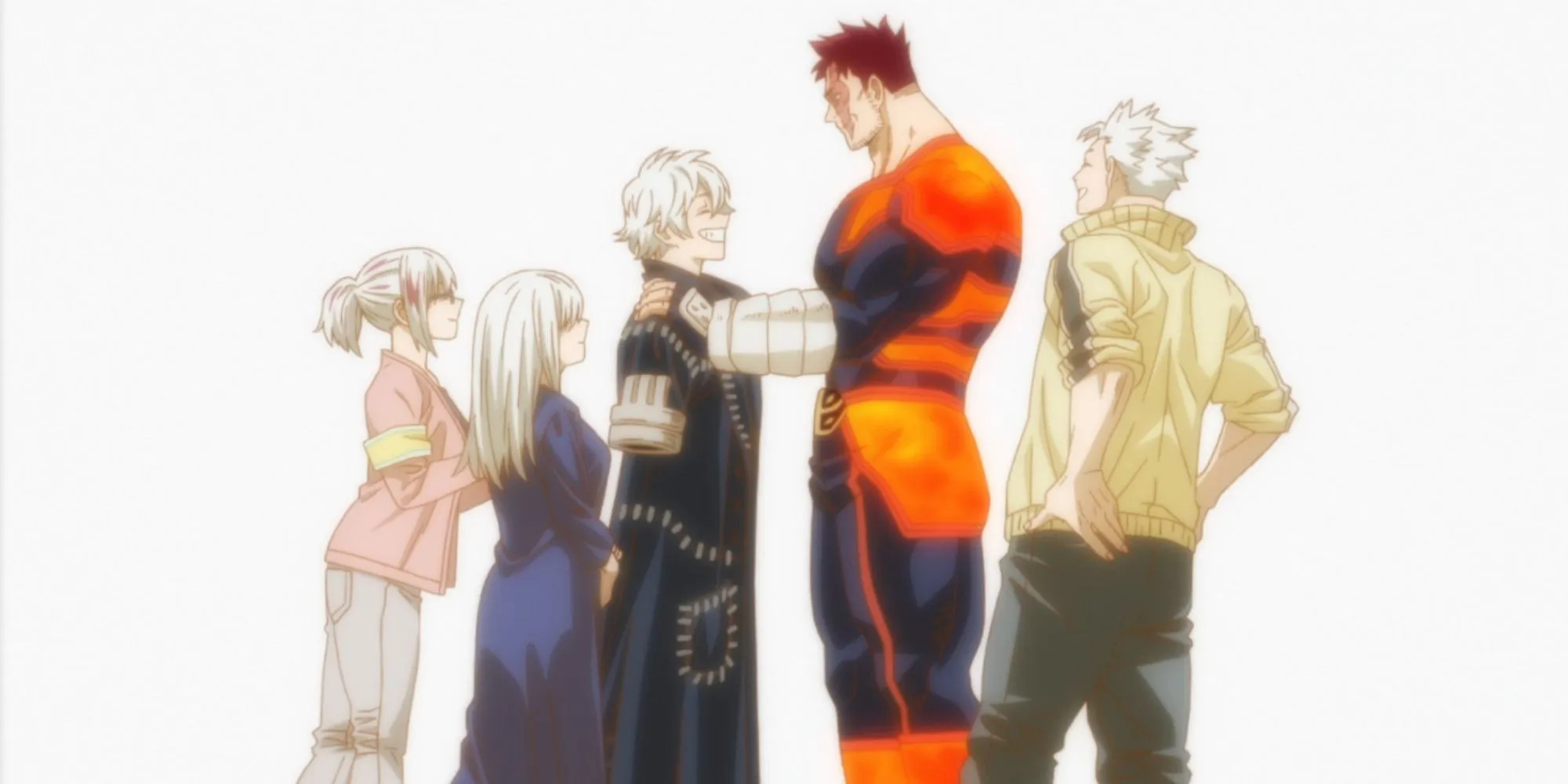
This season delivers an extraordinary climax, culminating from eight years of exceptional storytelling that sought to adapt a long-standing shōnen series without filler while preserving high production quality. Personal opinions may vary regarding the anime’s overall consistency, but it is undeniable that the accomplishments of Studio Bones in this adaptation are commendable. In a shifting landscape for the shōnen genre, the emotional impact of this season has deepened remarkably due to the eight-year build-up.
My Hero Academia Season 7 emerges as a splendid achievement in anime television, warranting recognition on par with Jujutsu Kaisen‘s Shibuya Incident arc. It stands as a testament to Kohei Horikoshi’s brilliant storytelling, the artistic prowess of Studio Bones, and the enduring appeal of shōnen narratives. In a year brimming with outstanding series, this season alone is likely to receive a nomination for Anime of the Year.




Leave a Reply